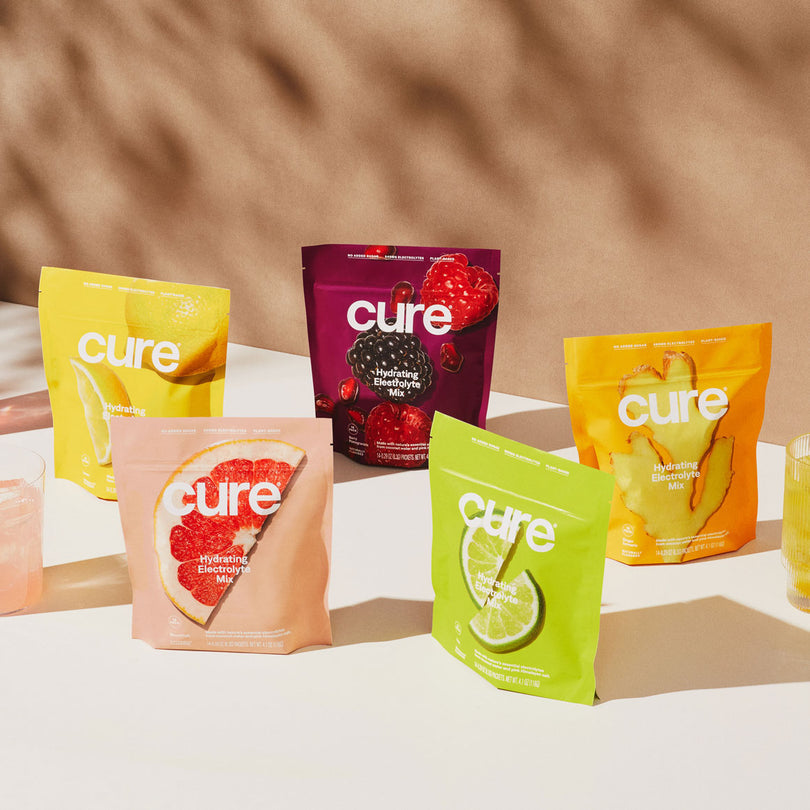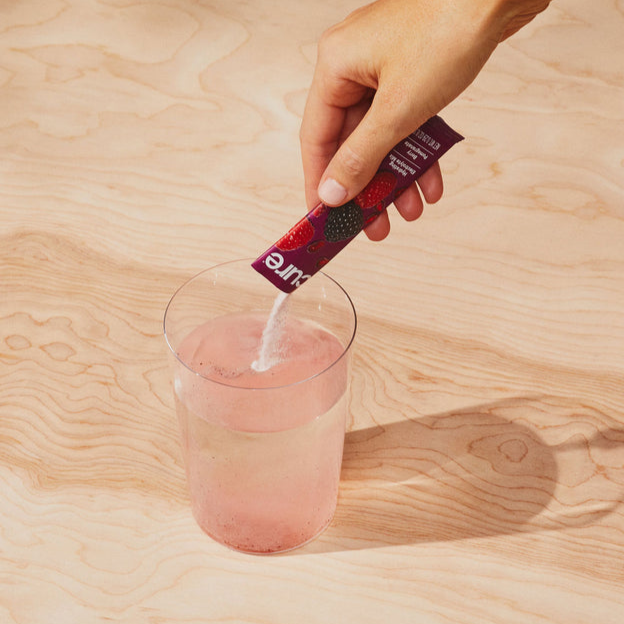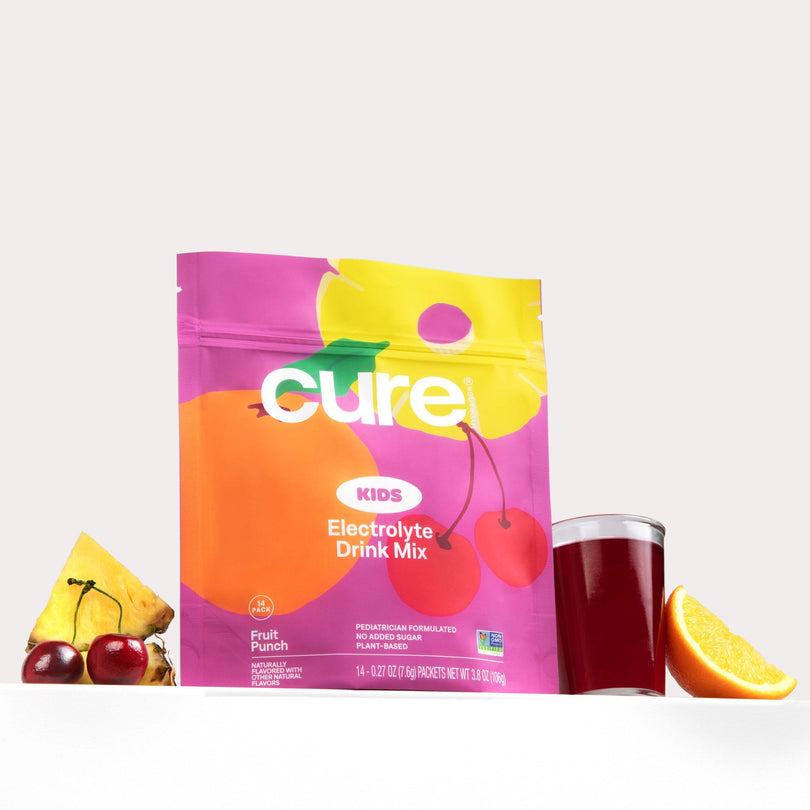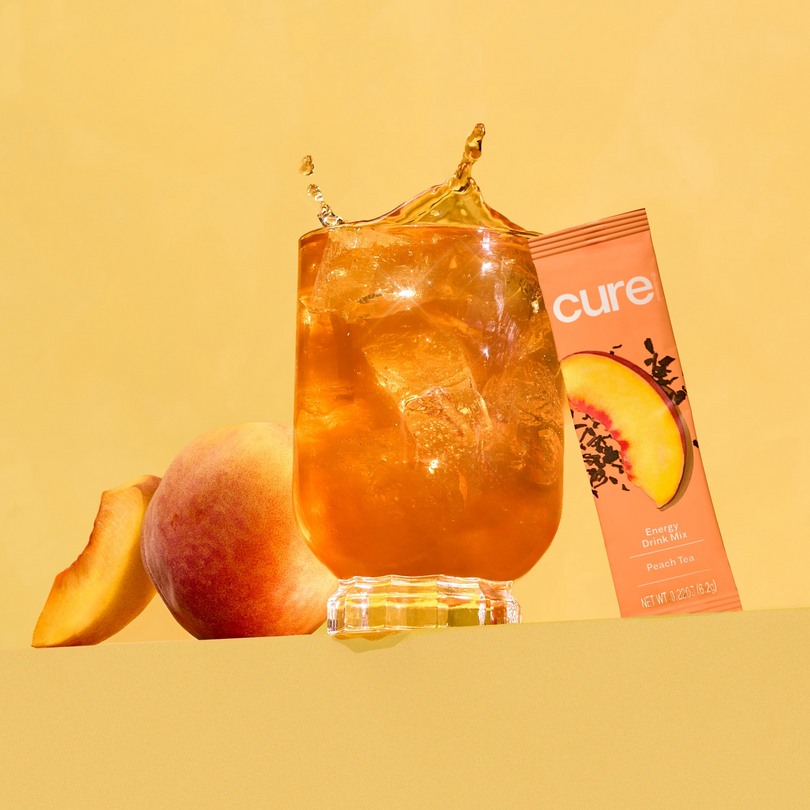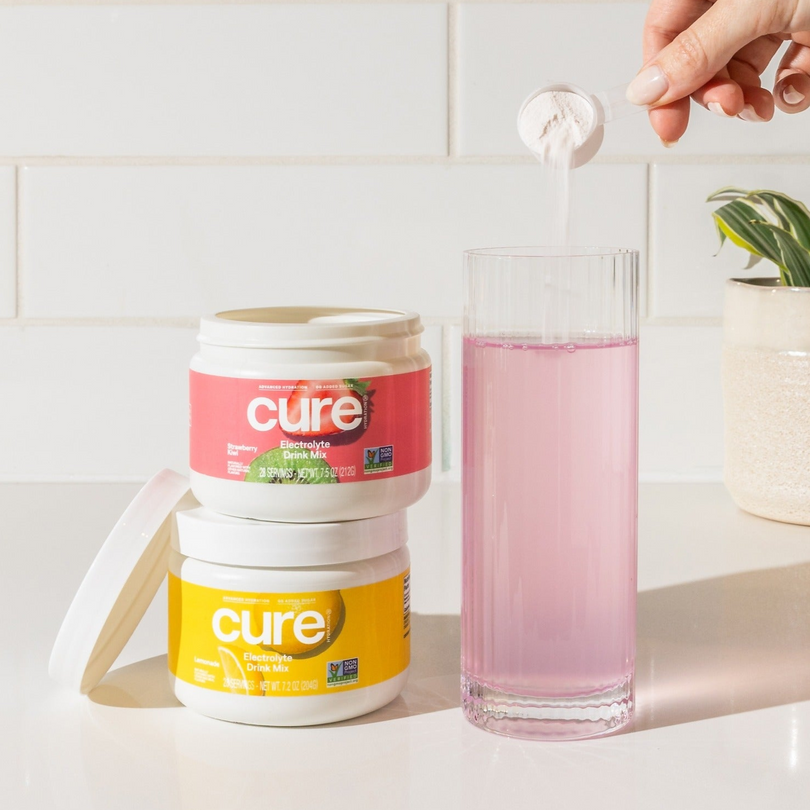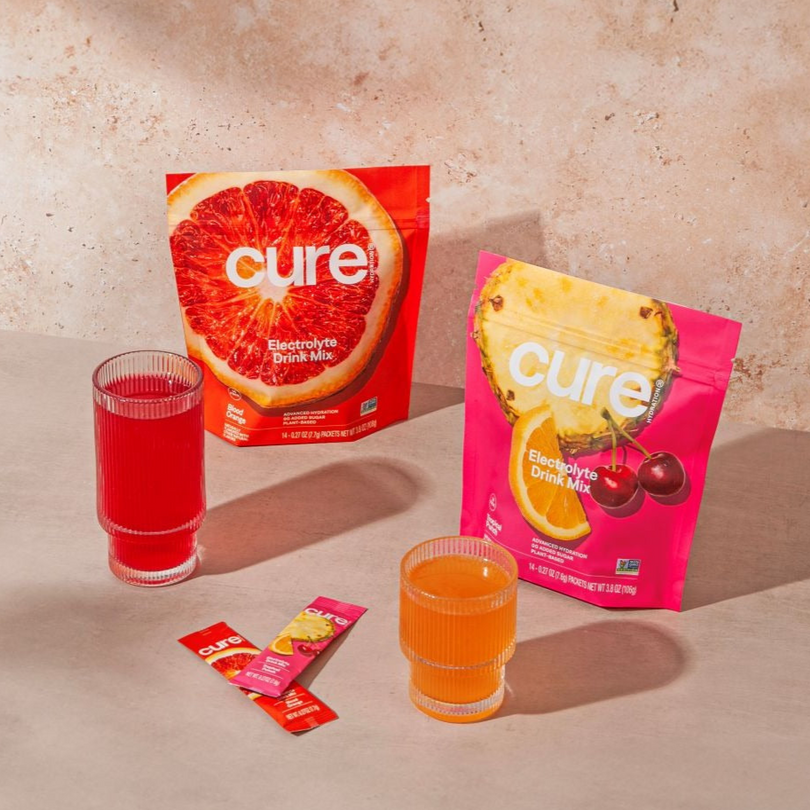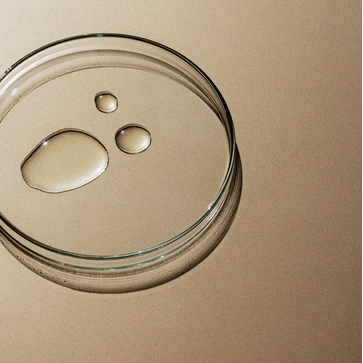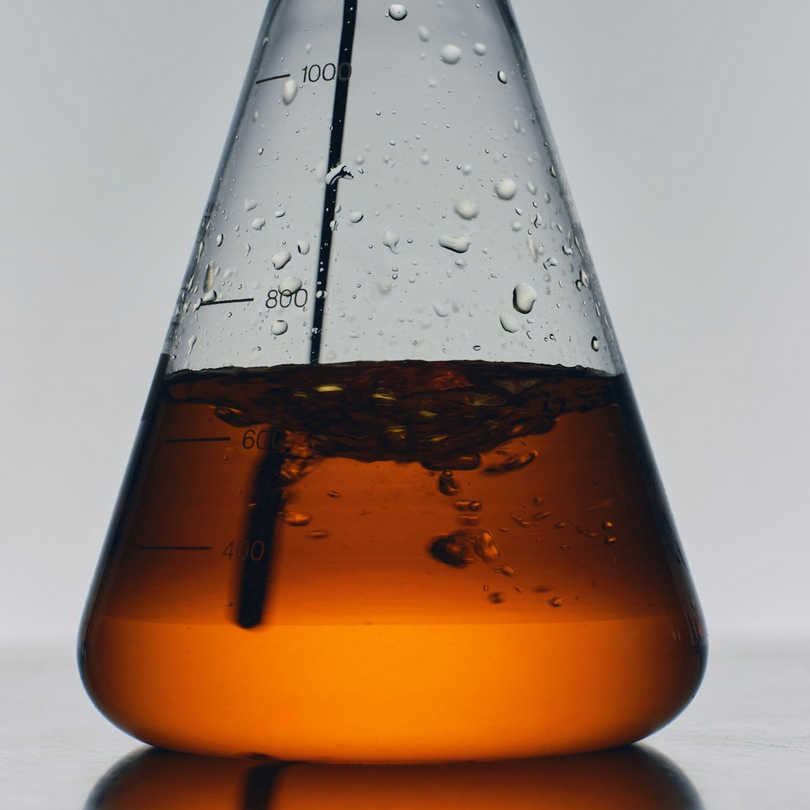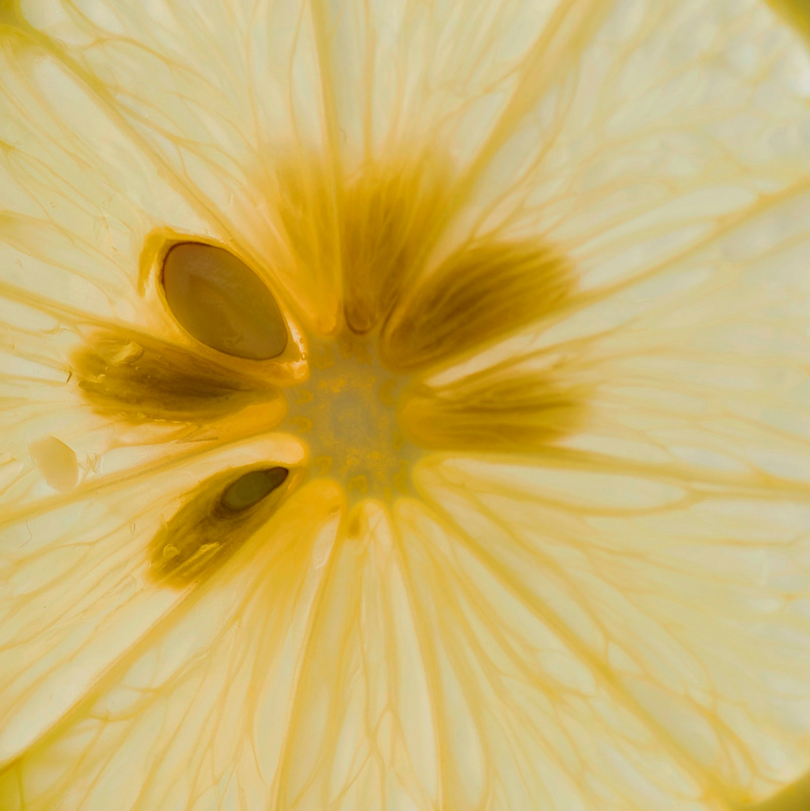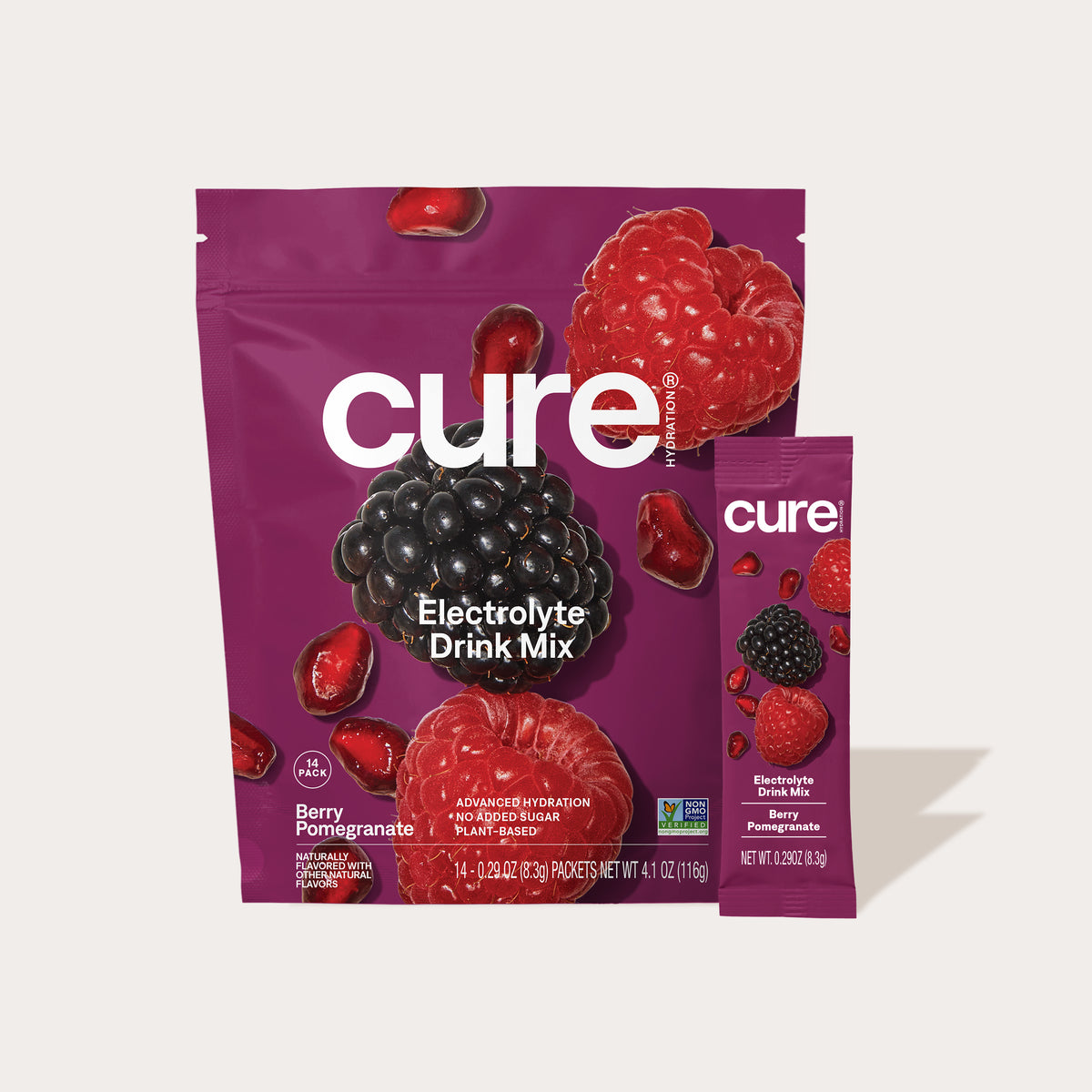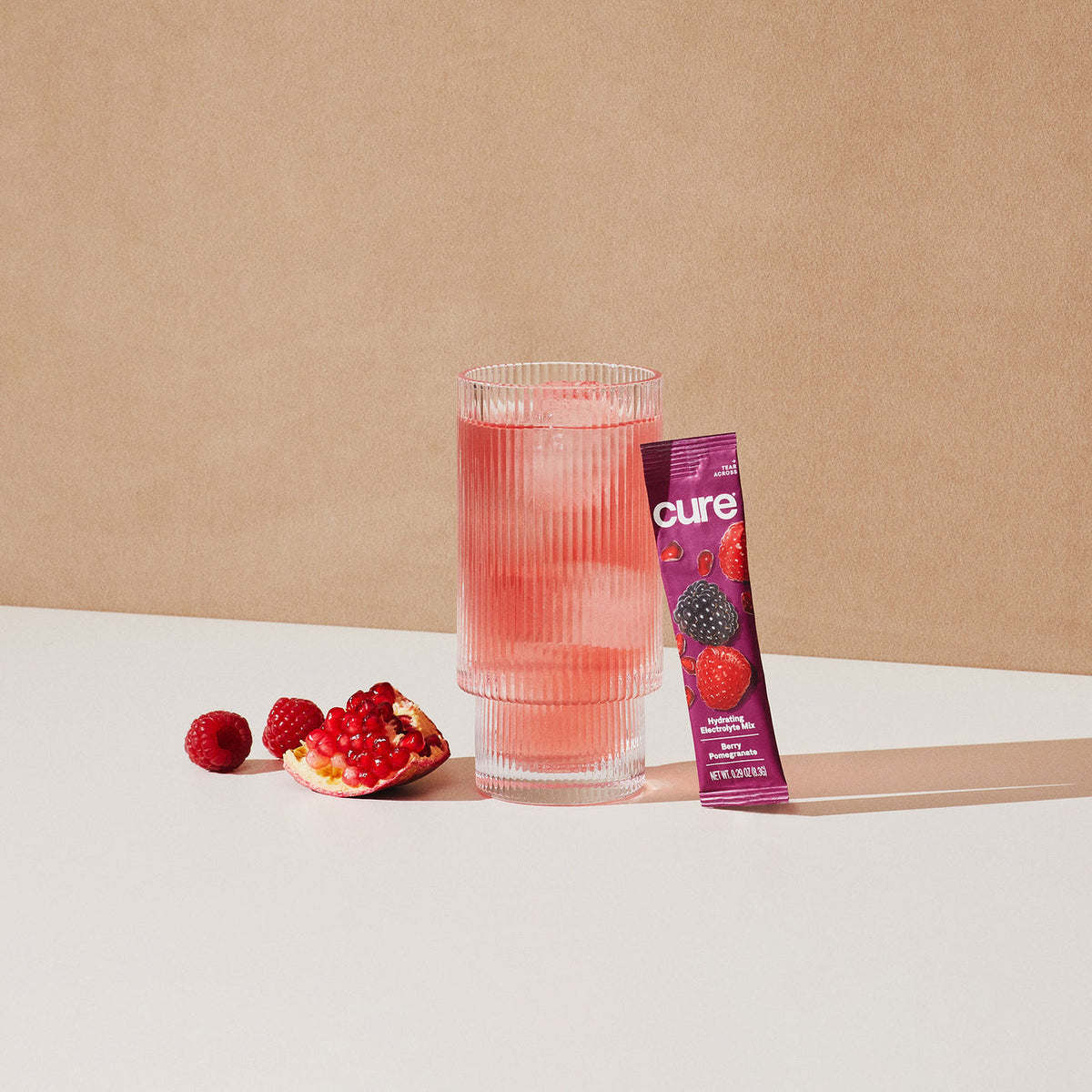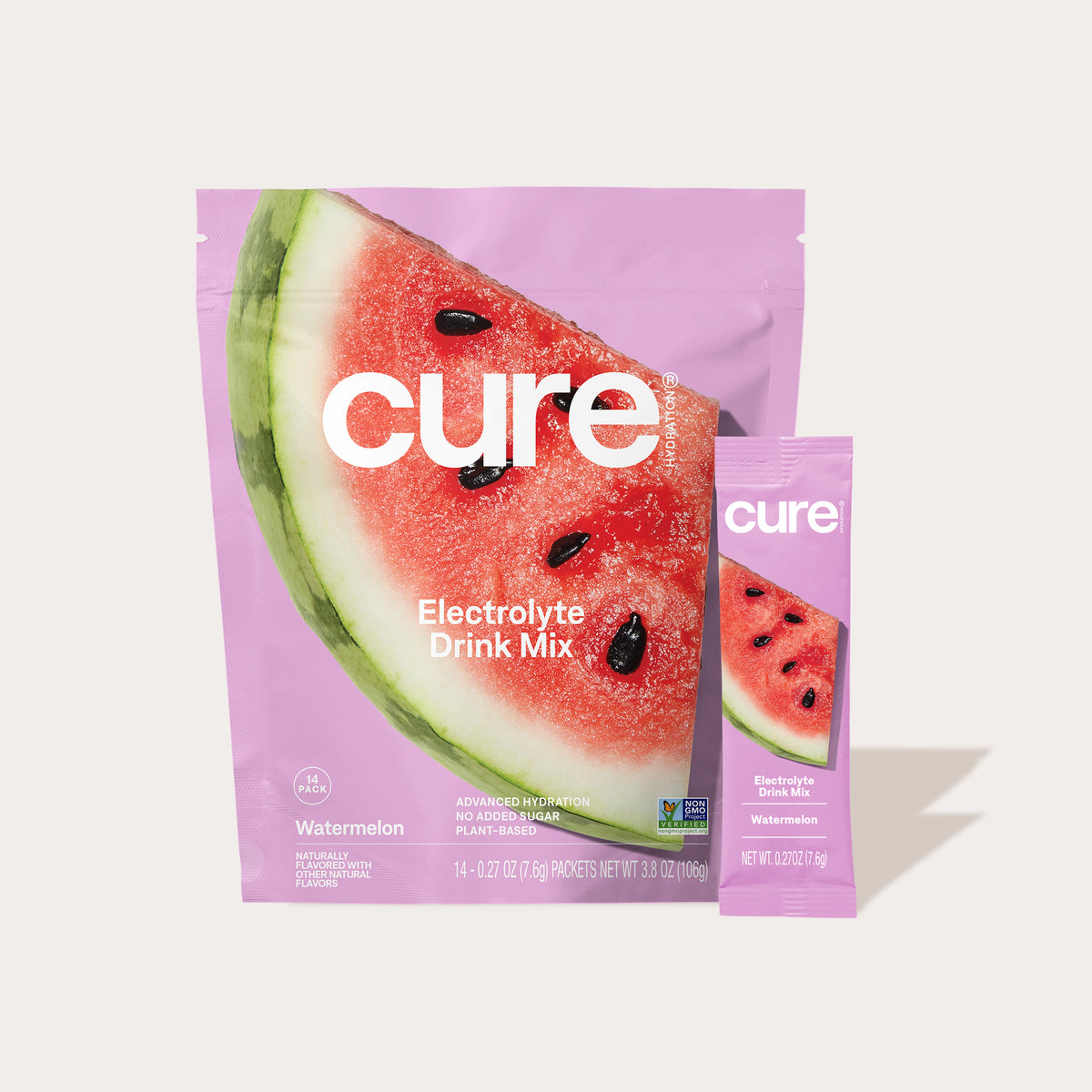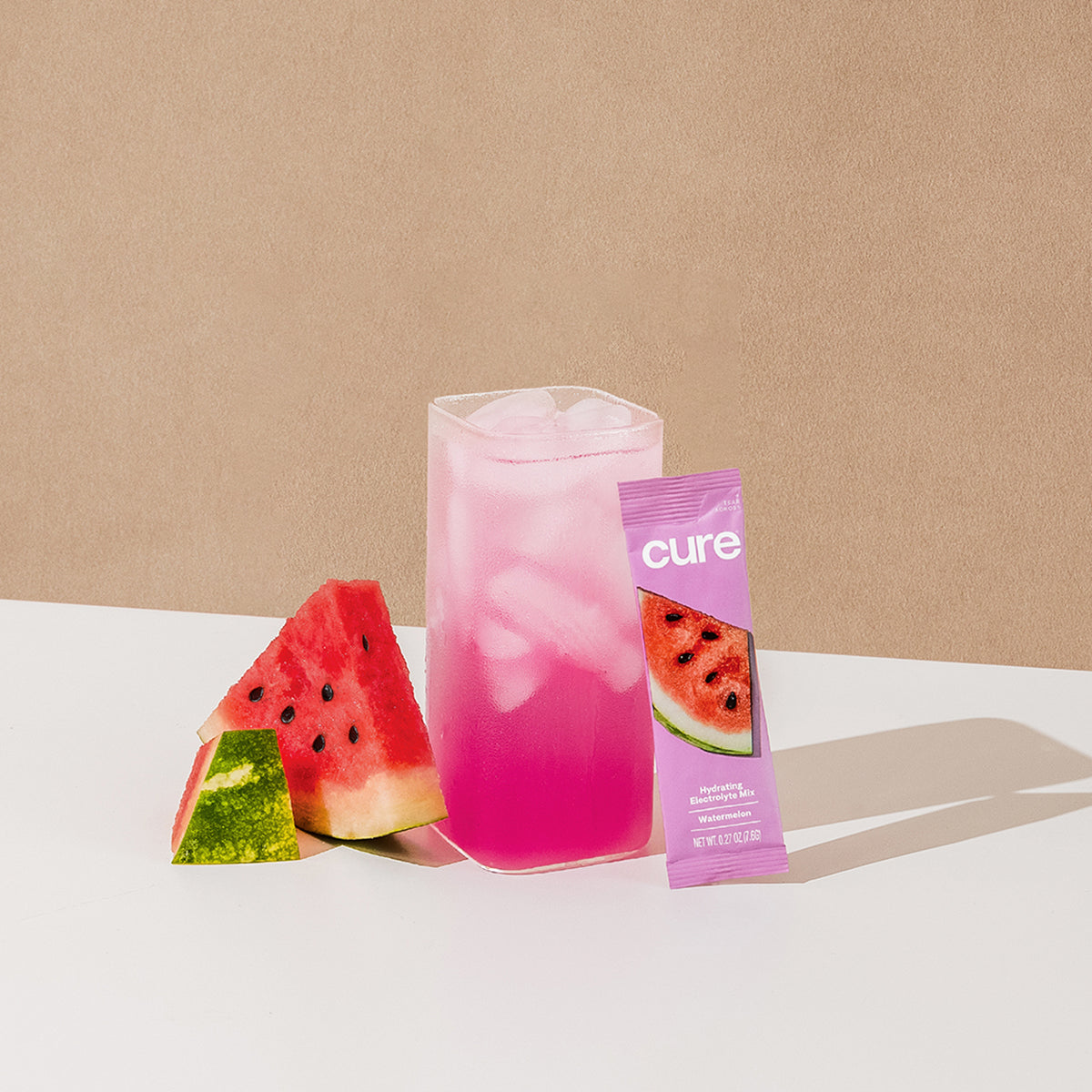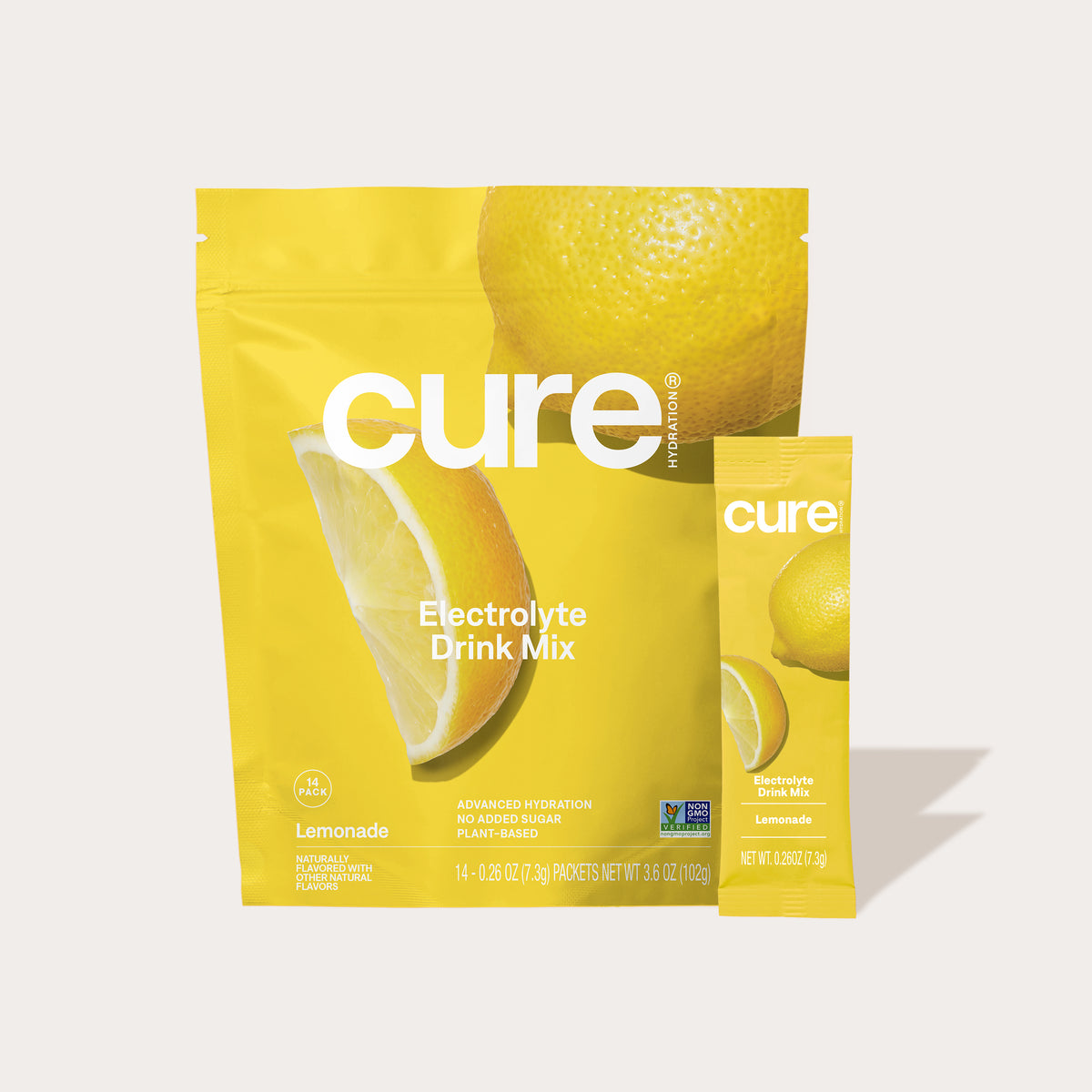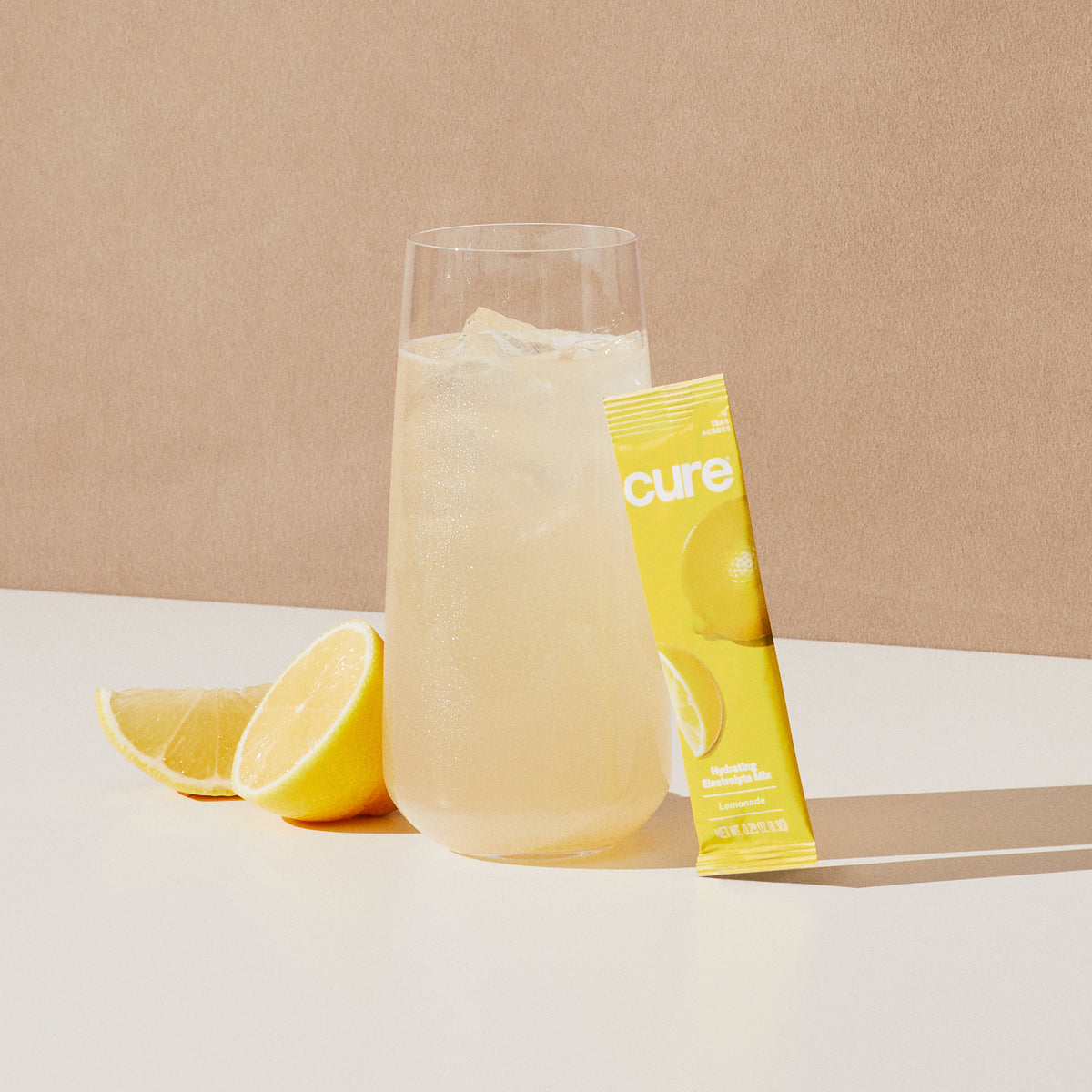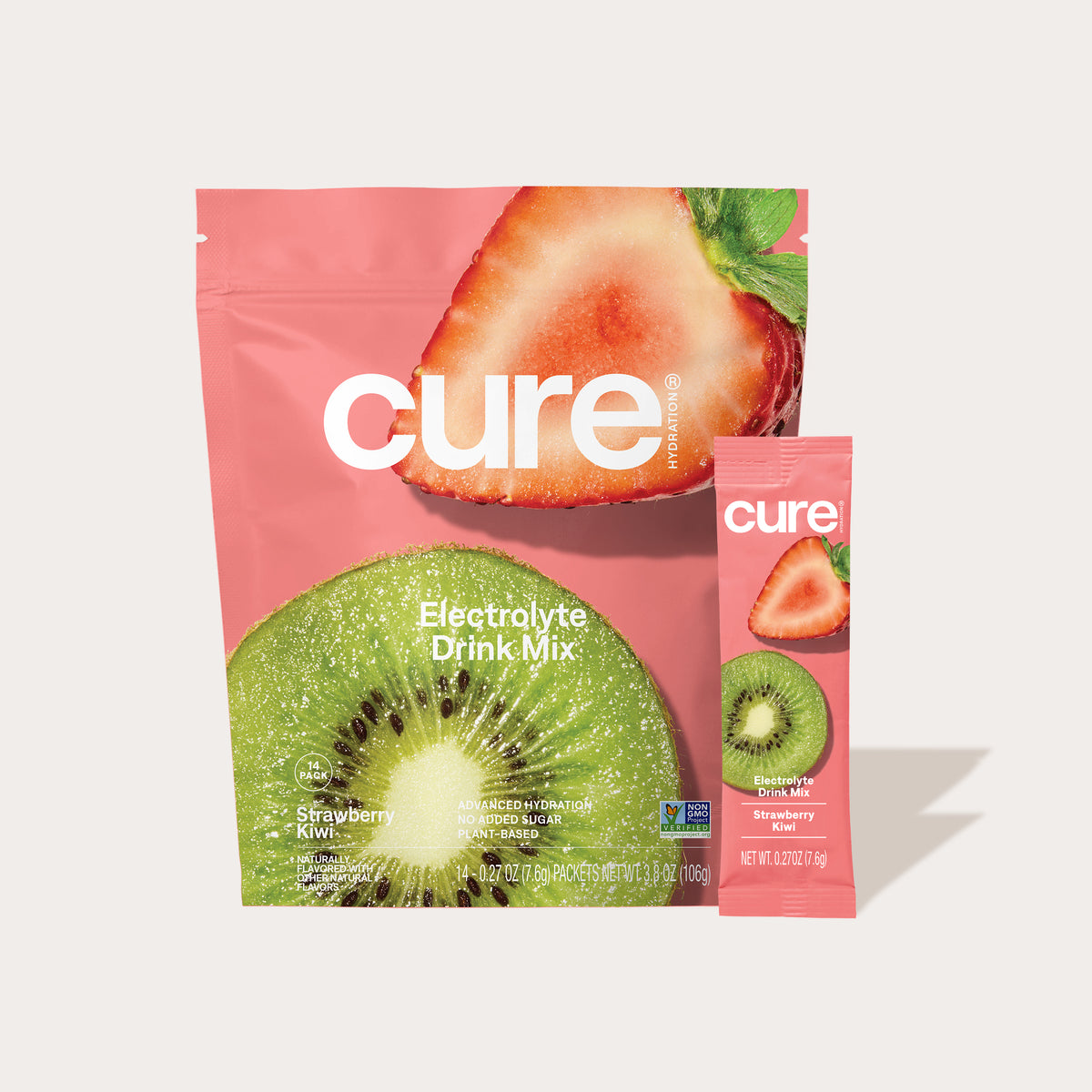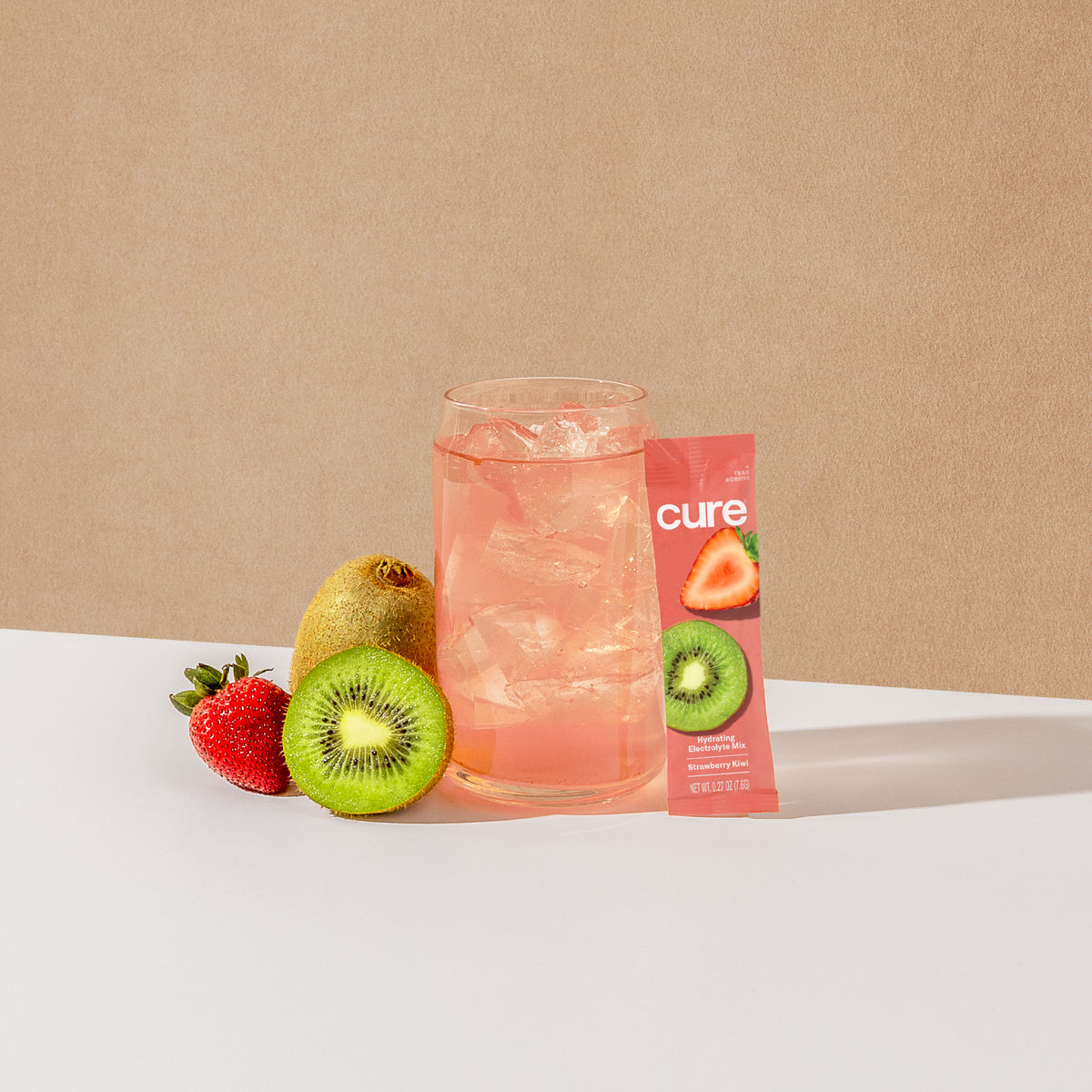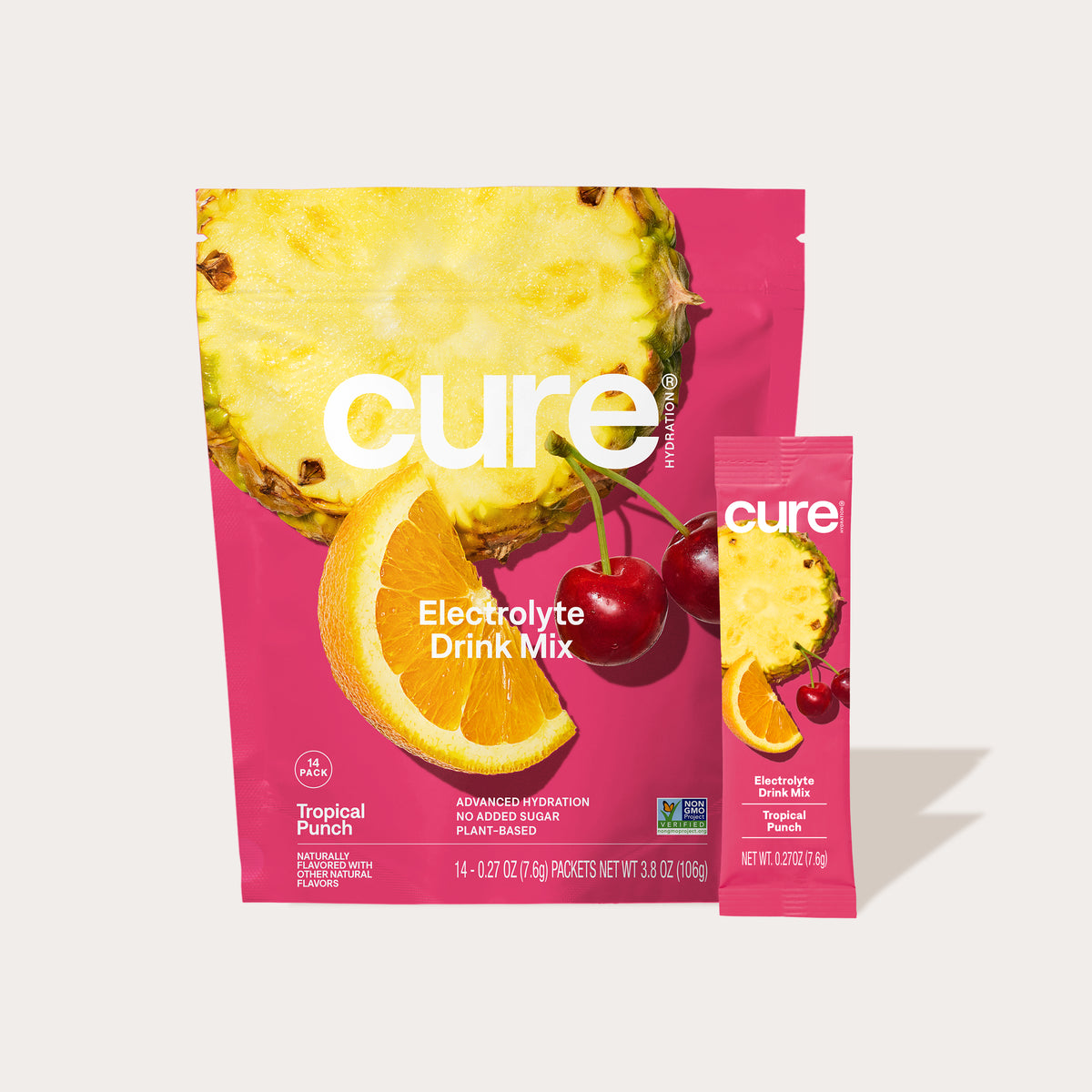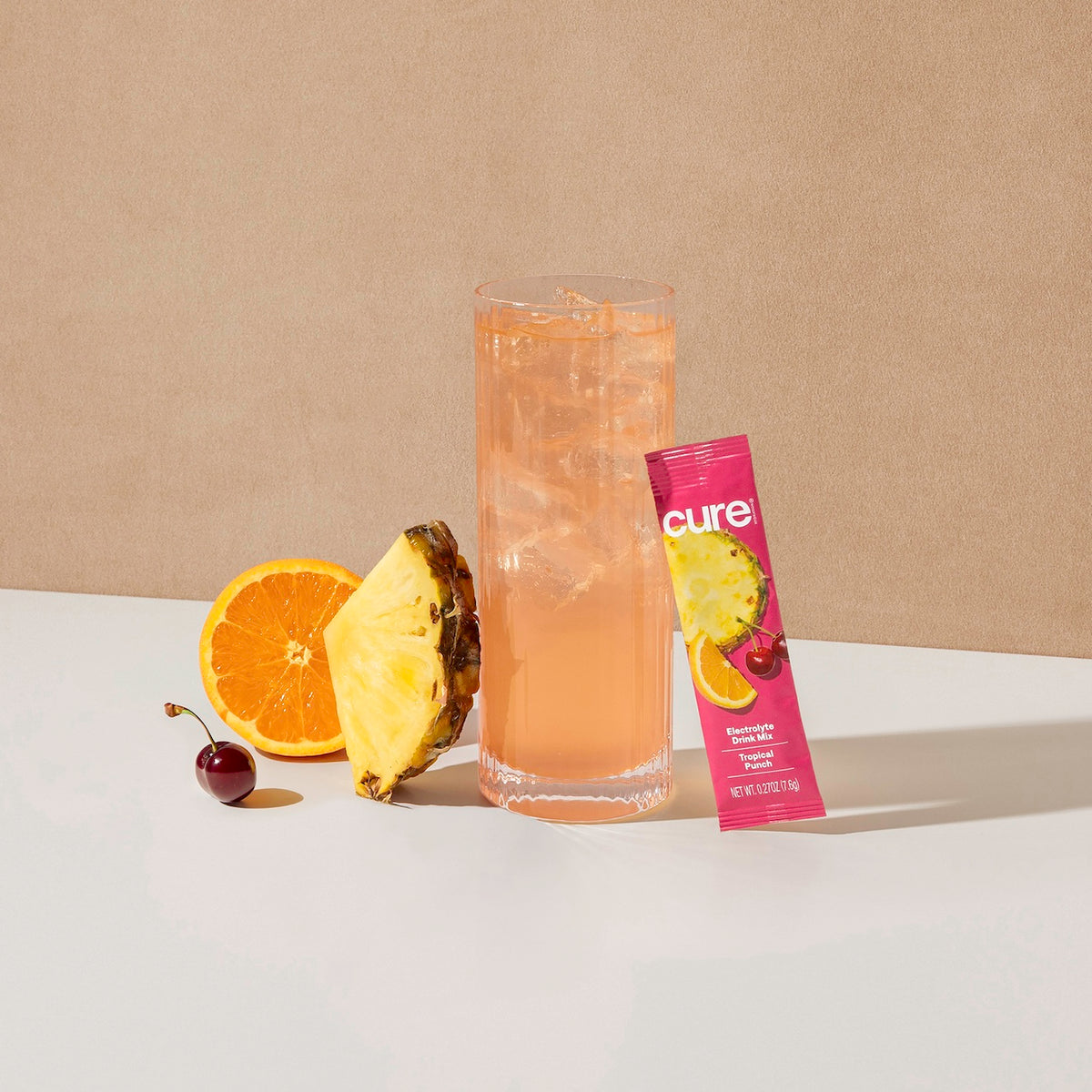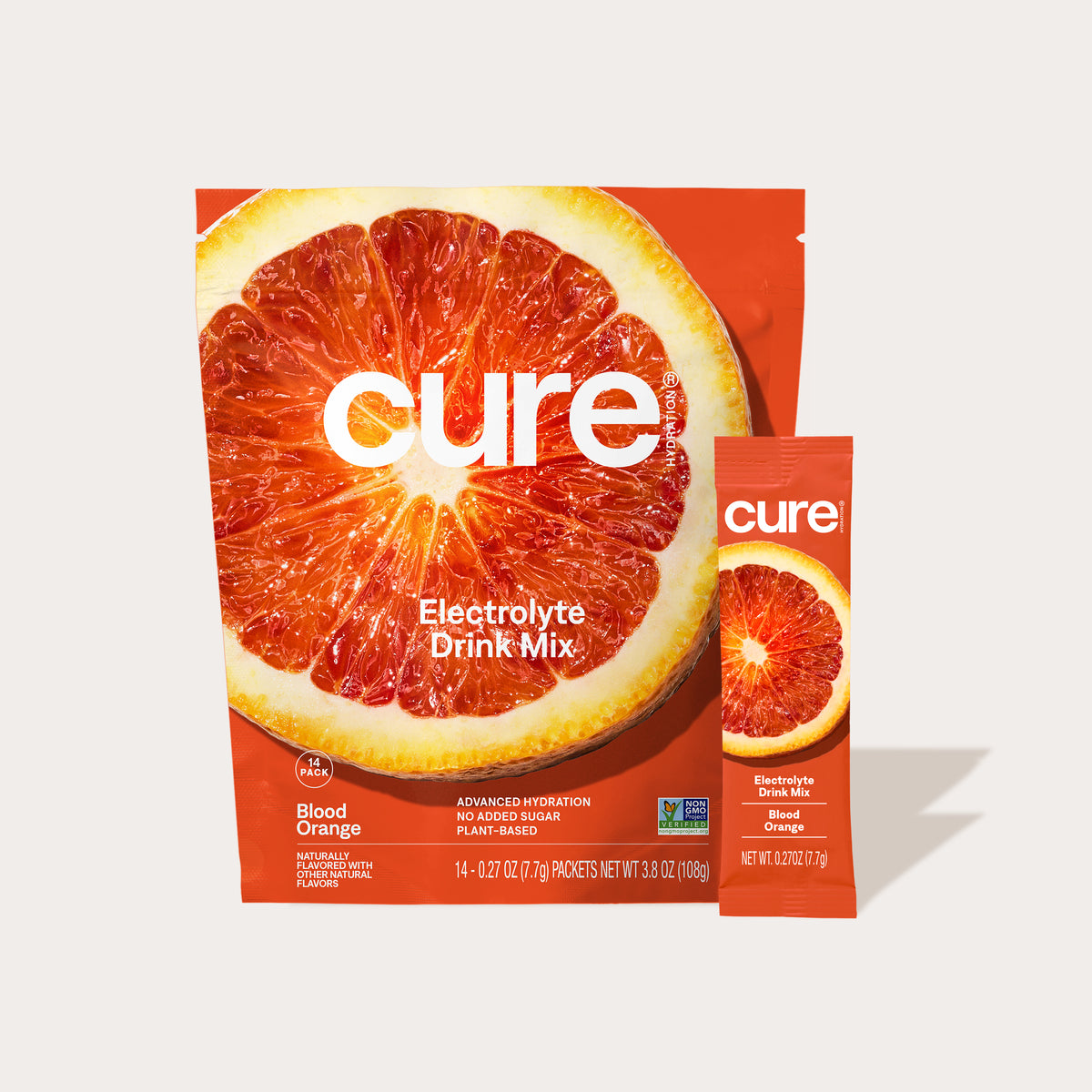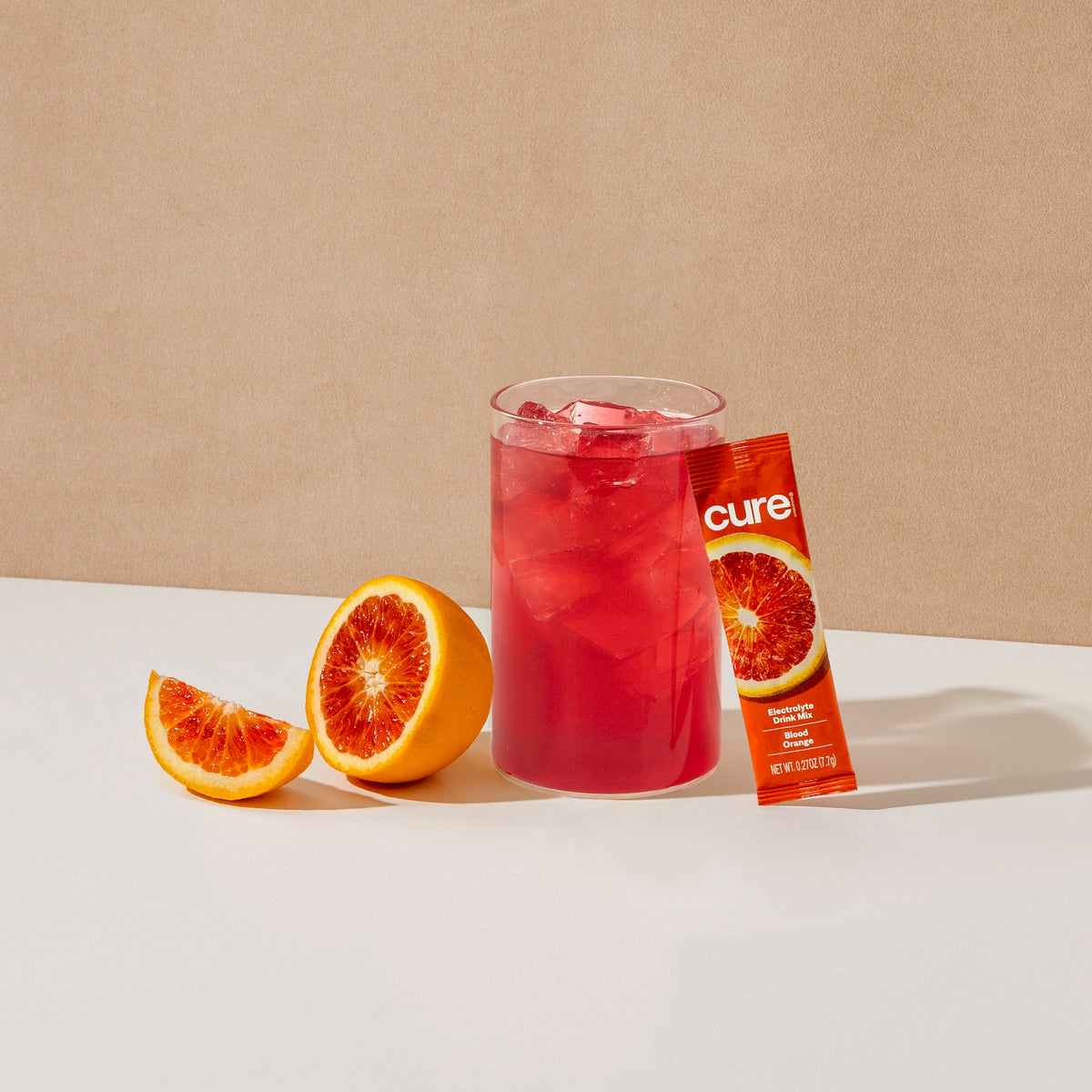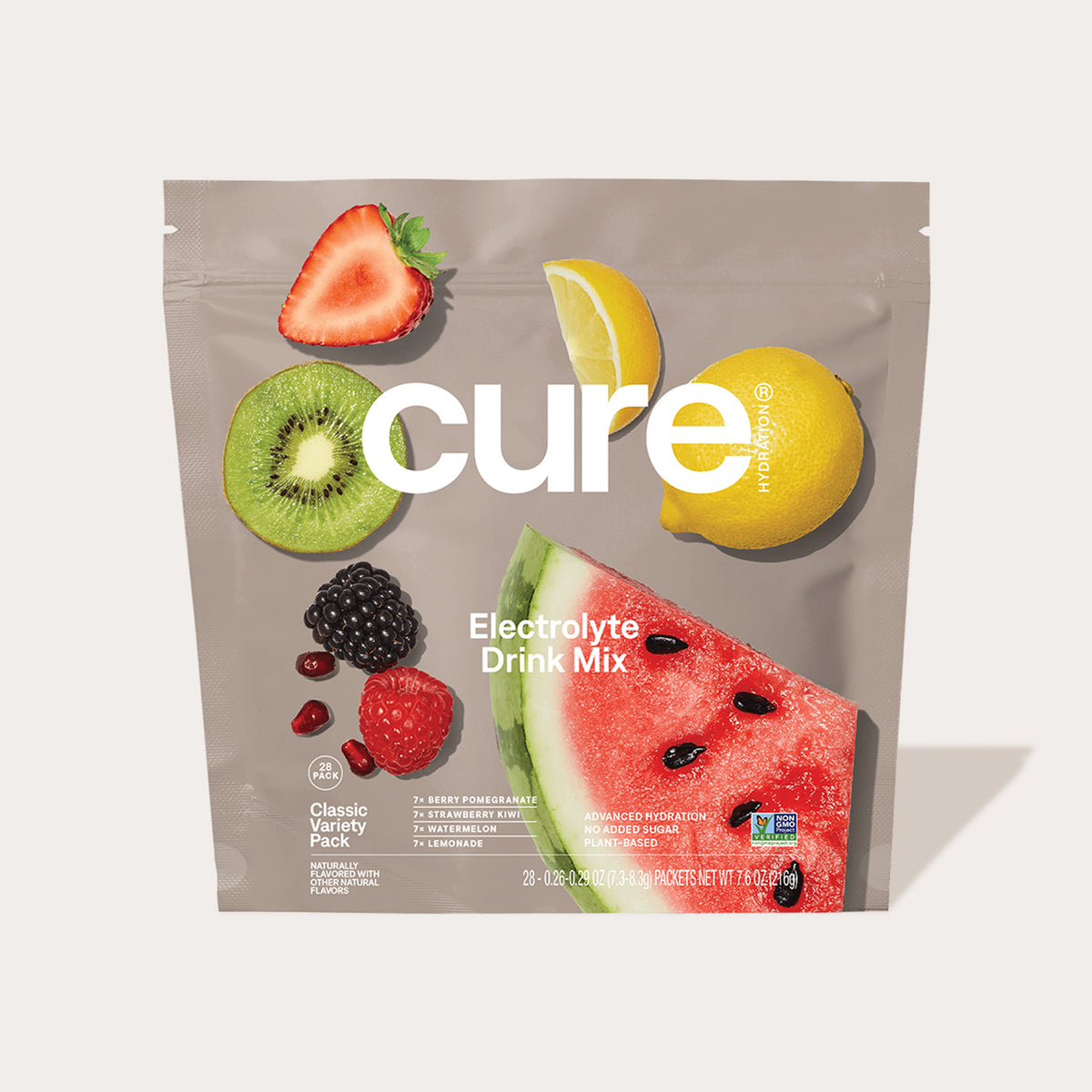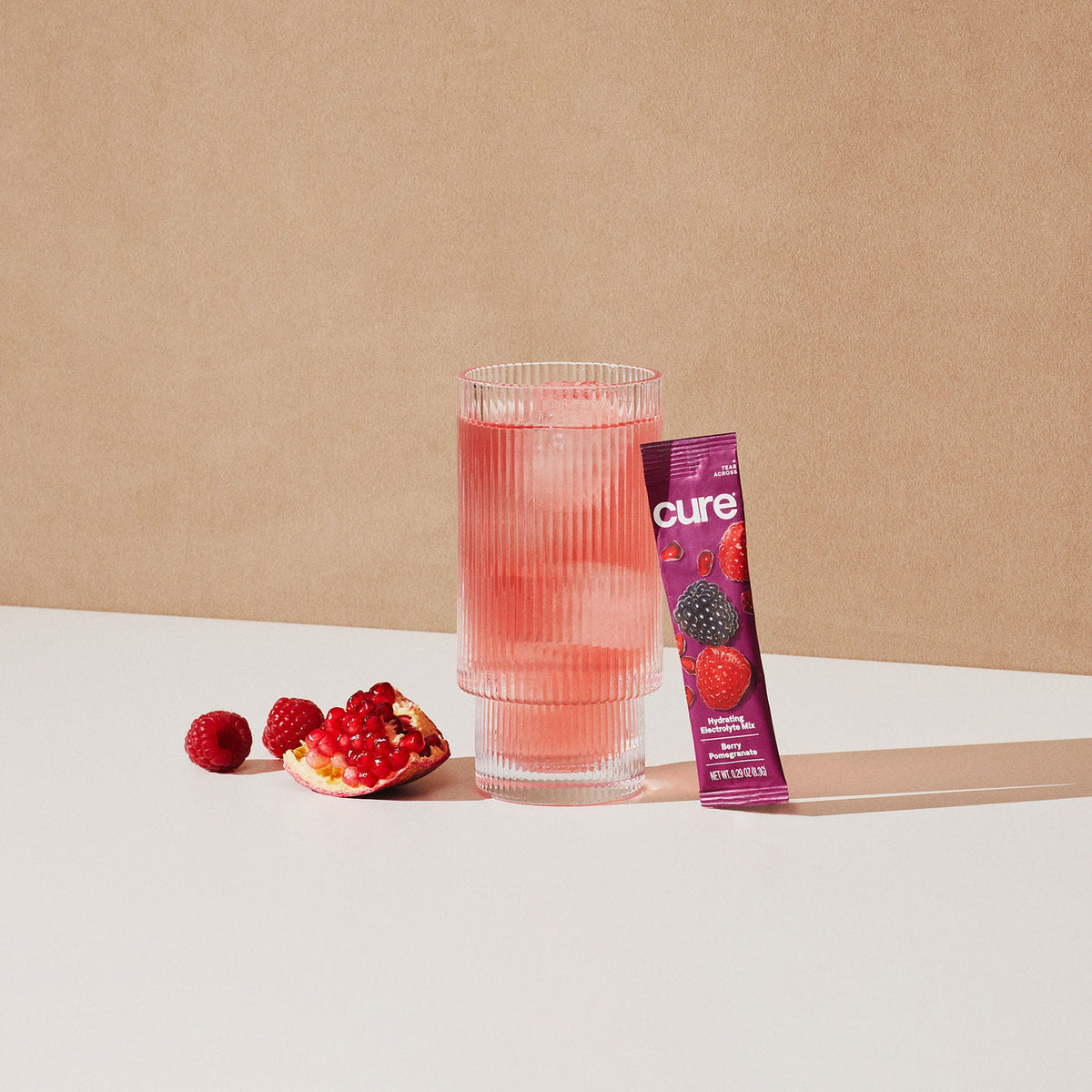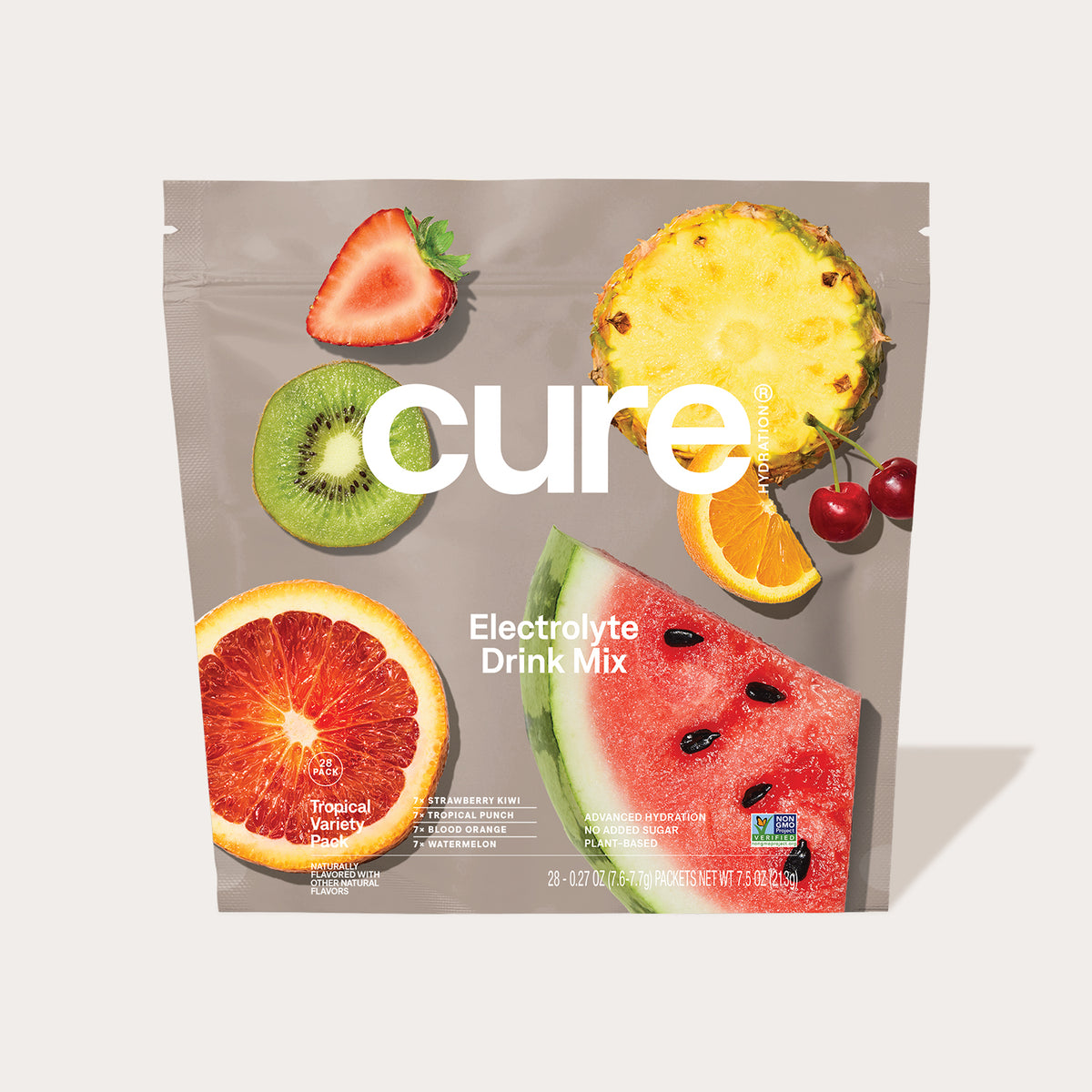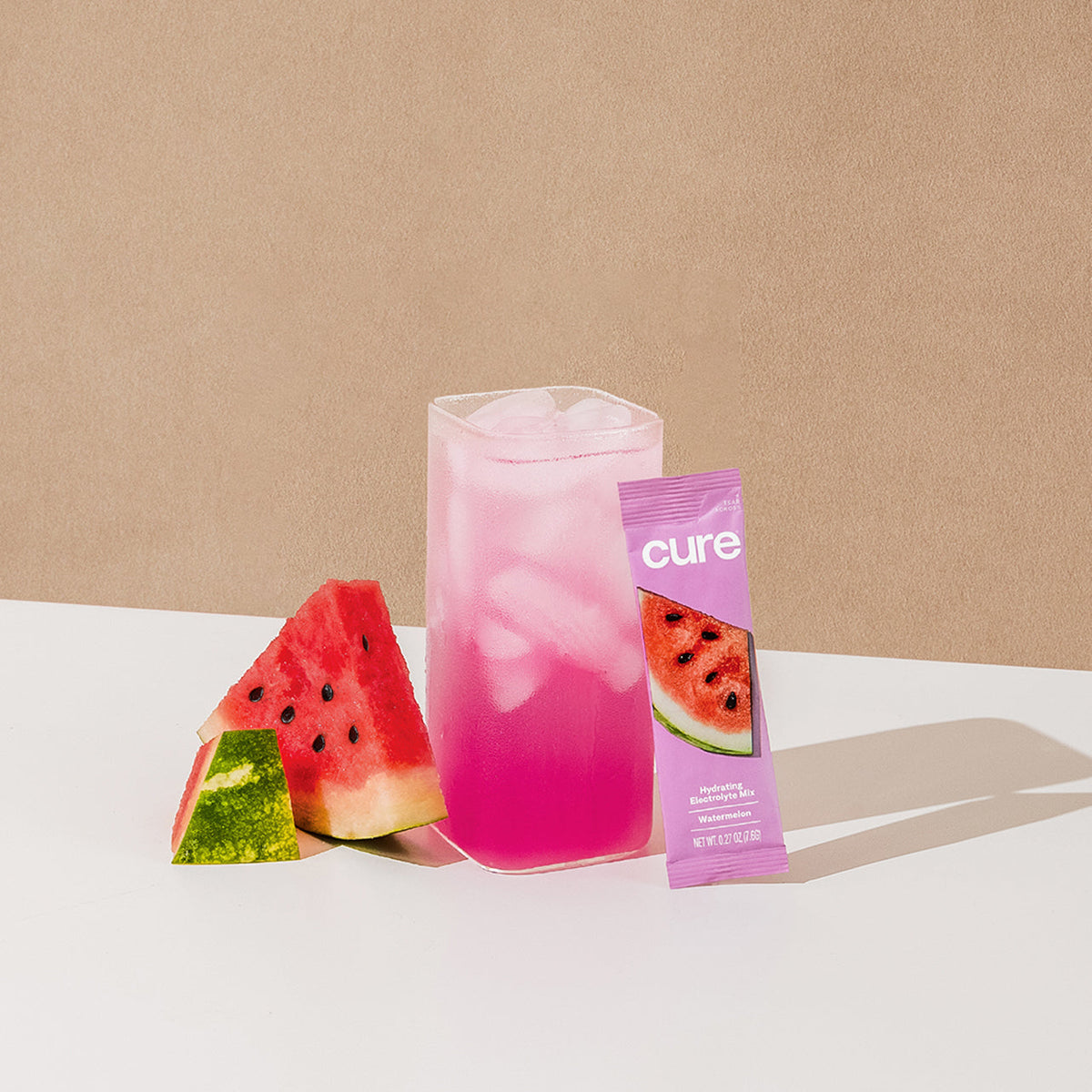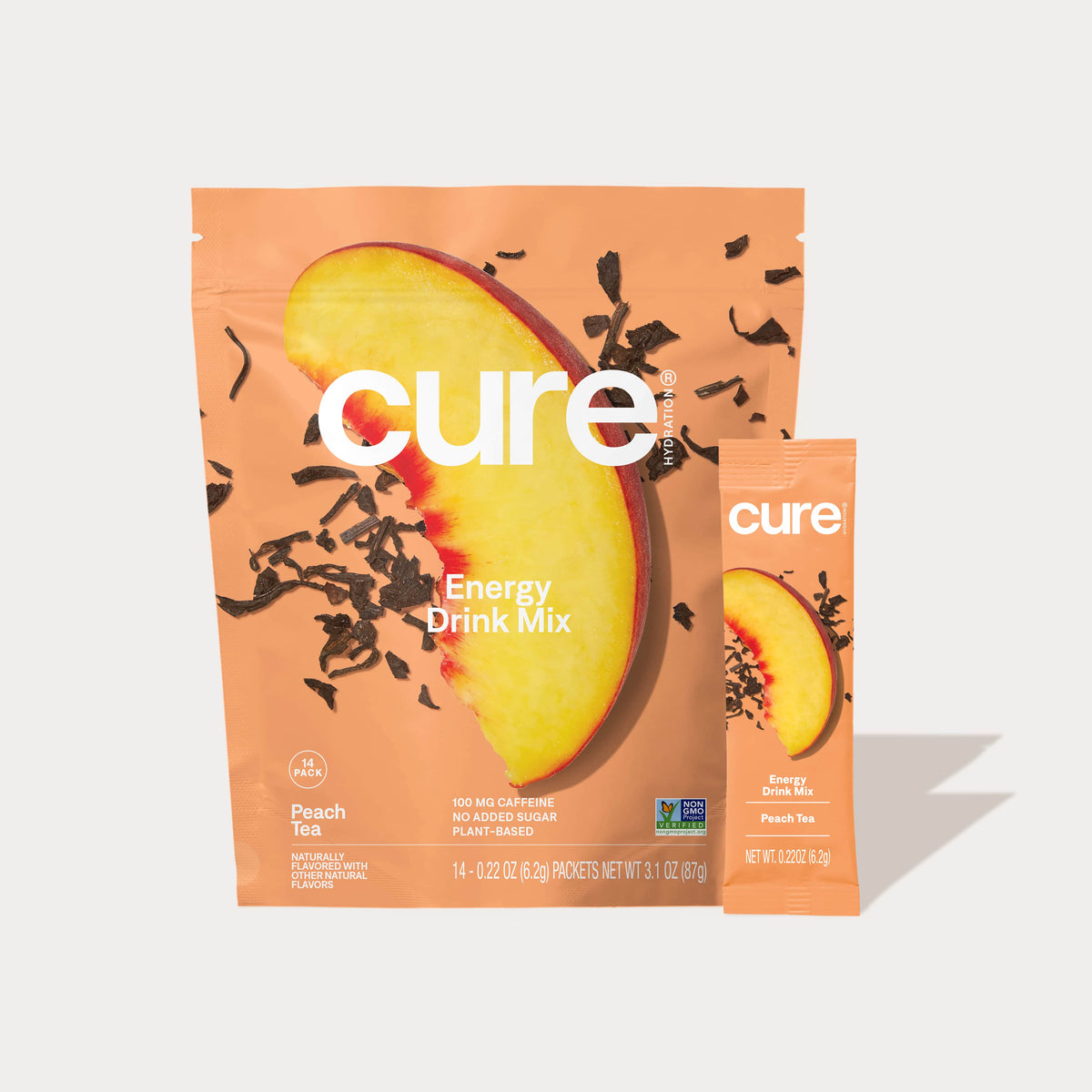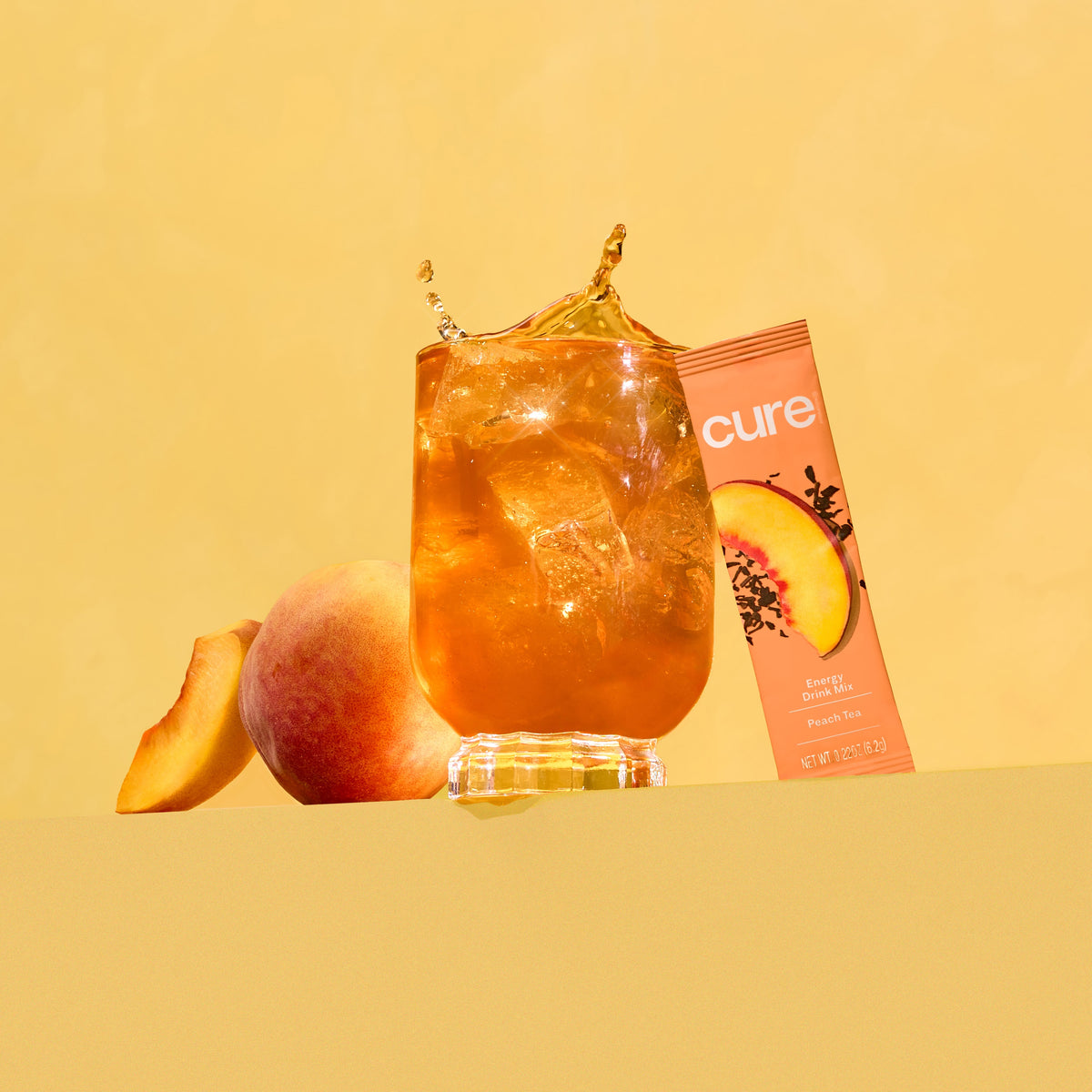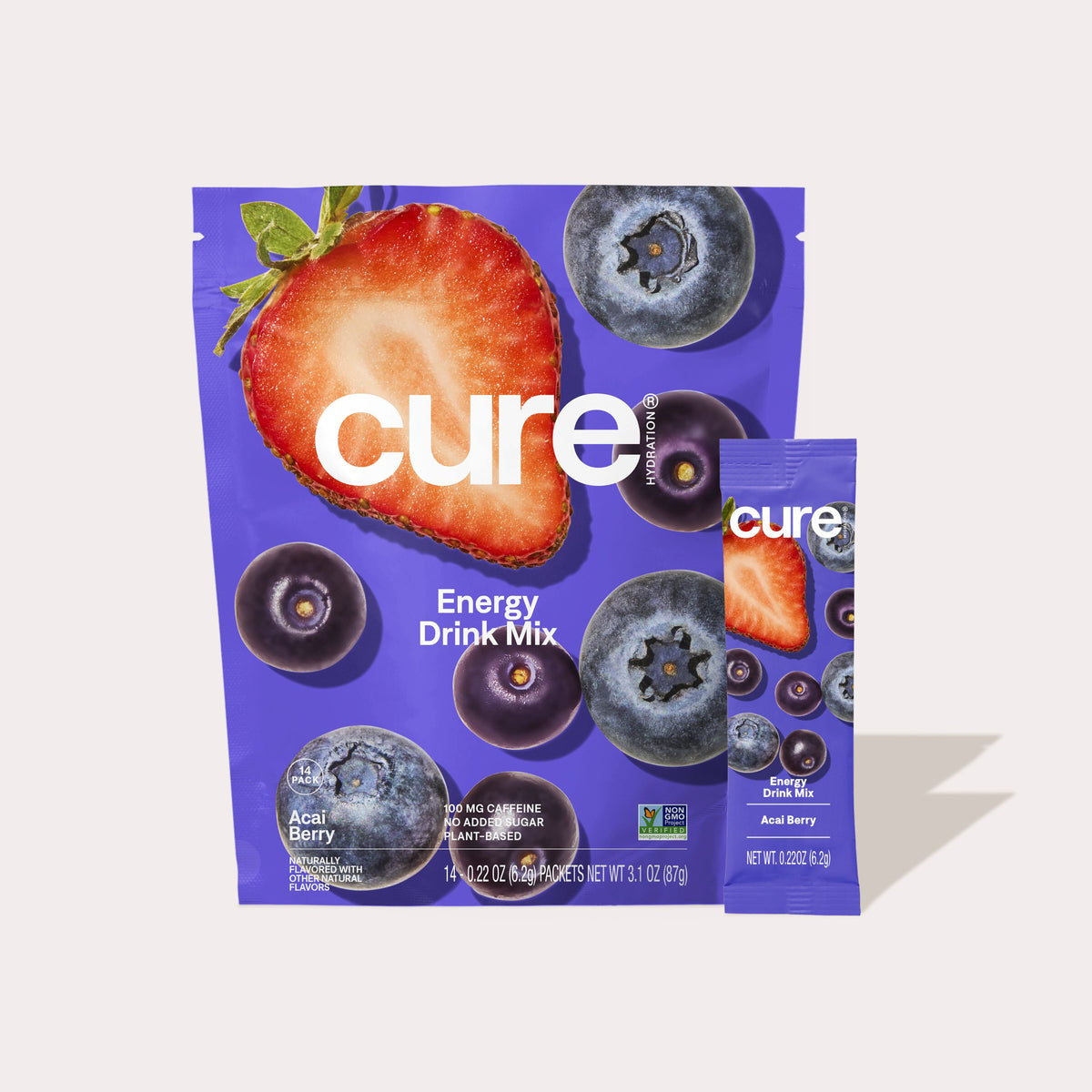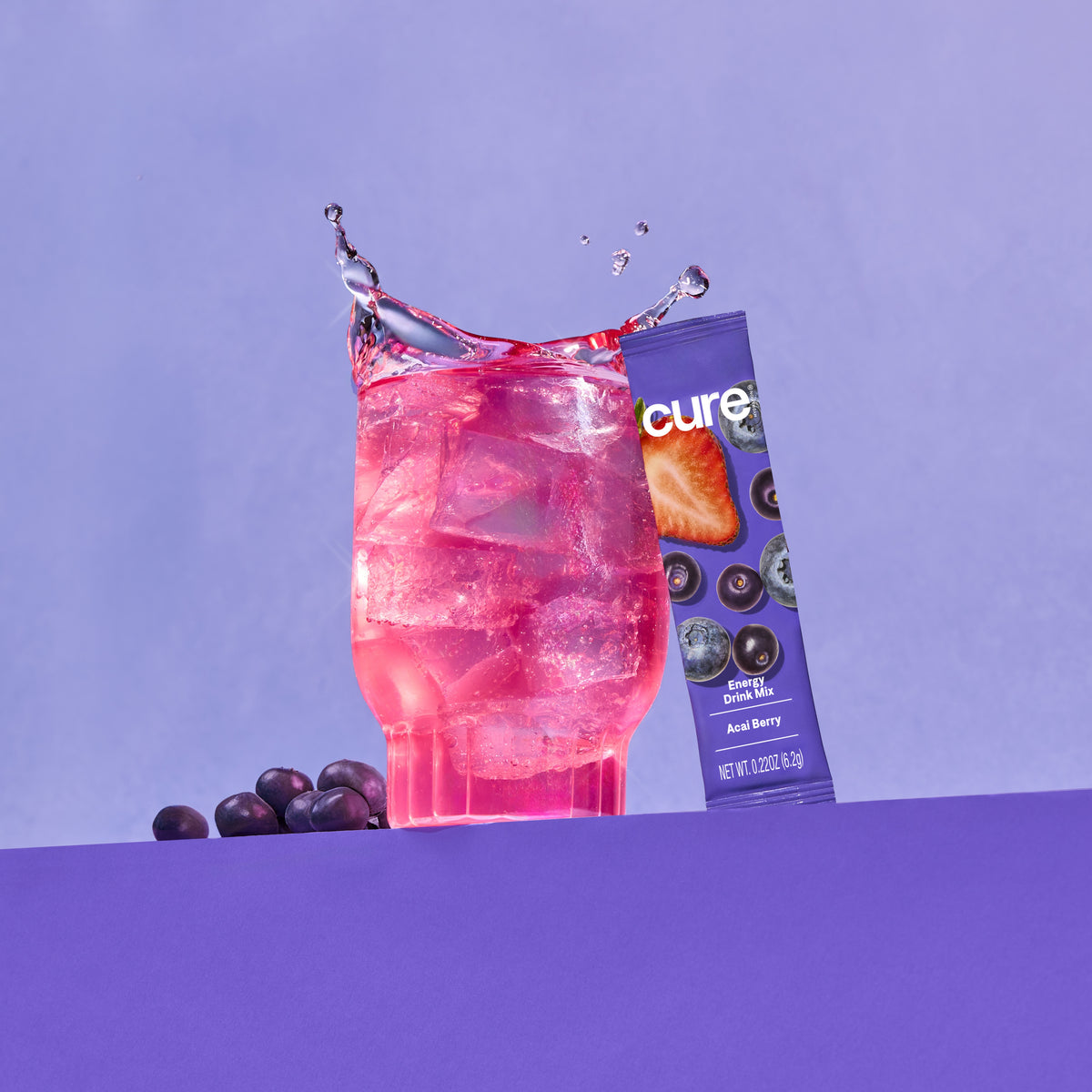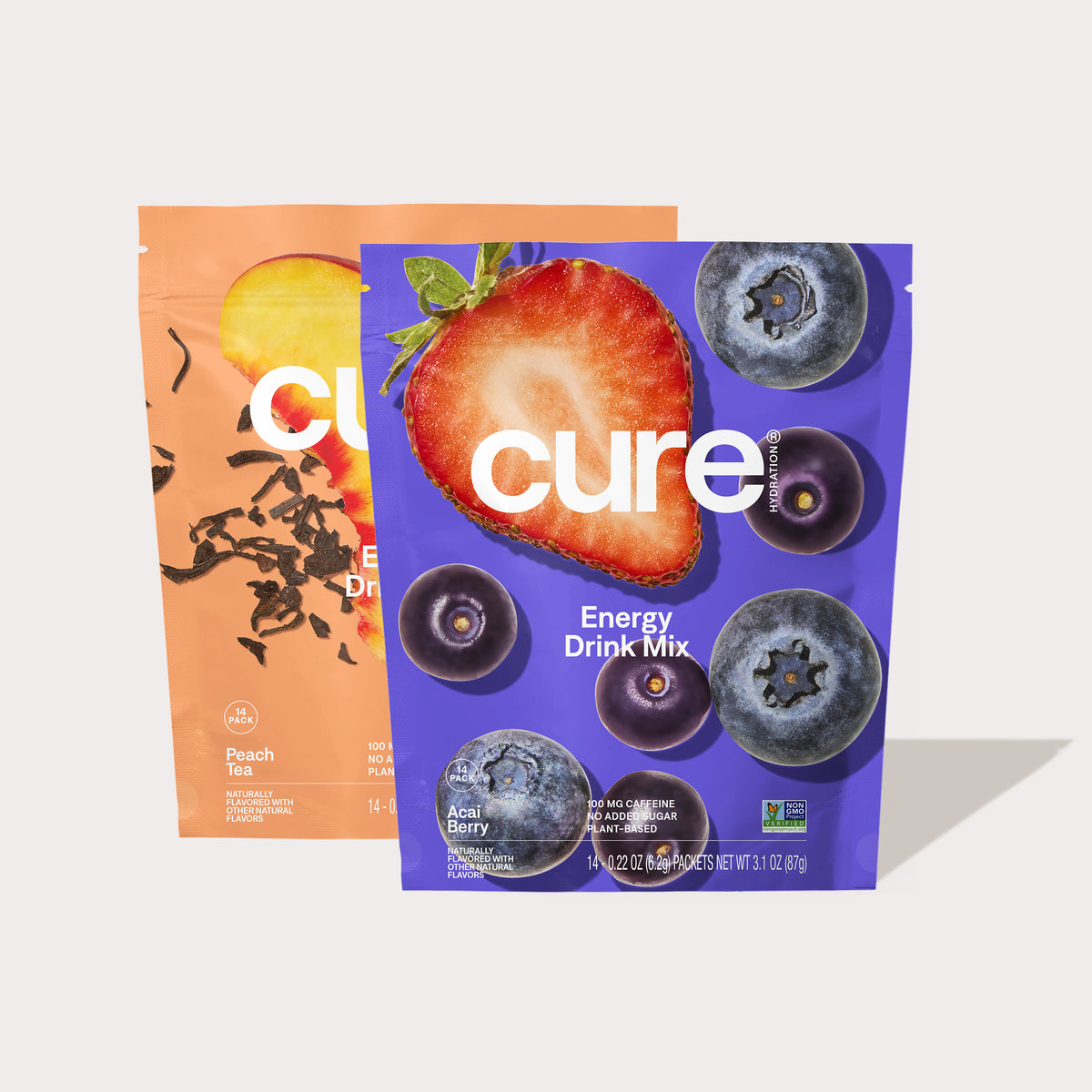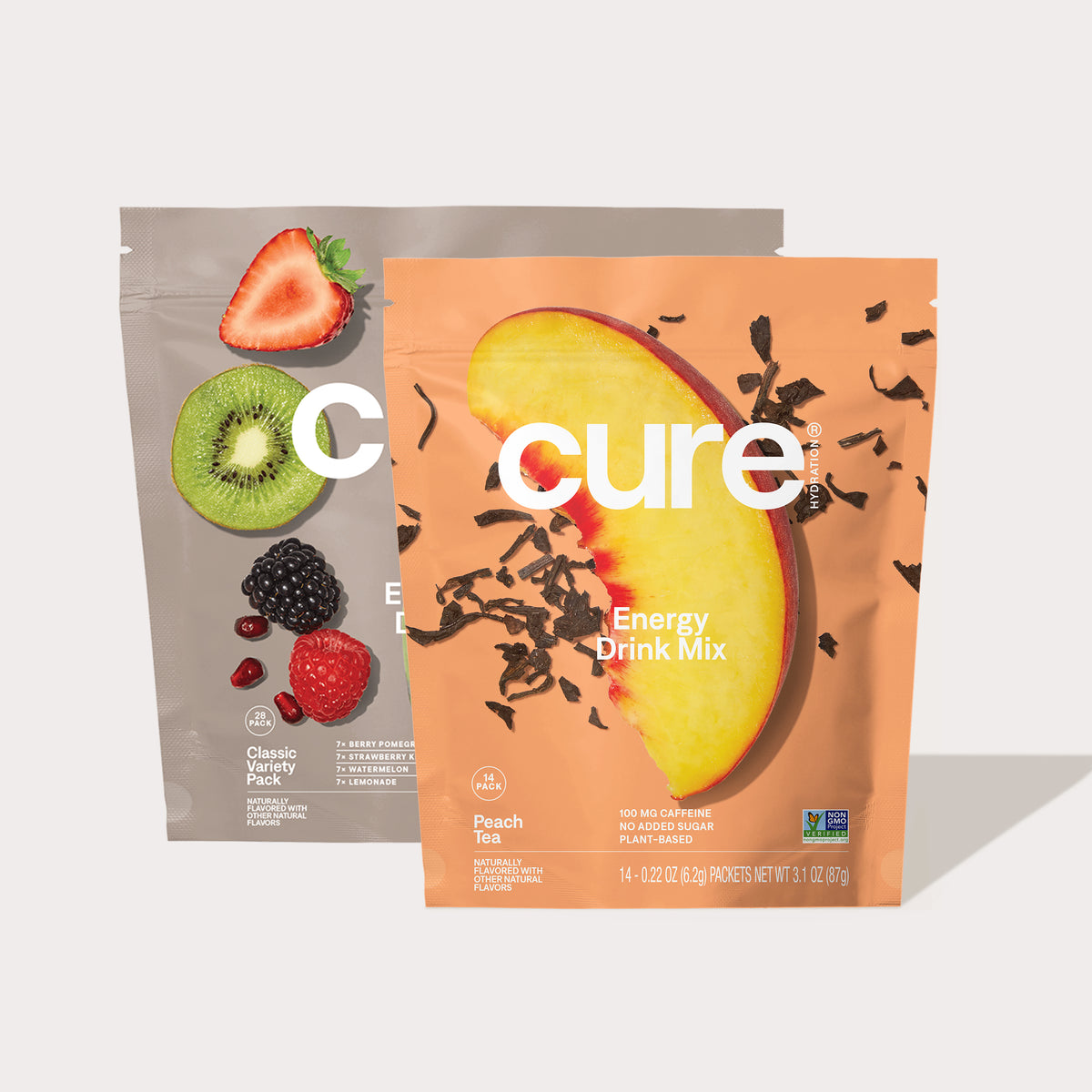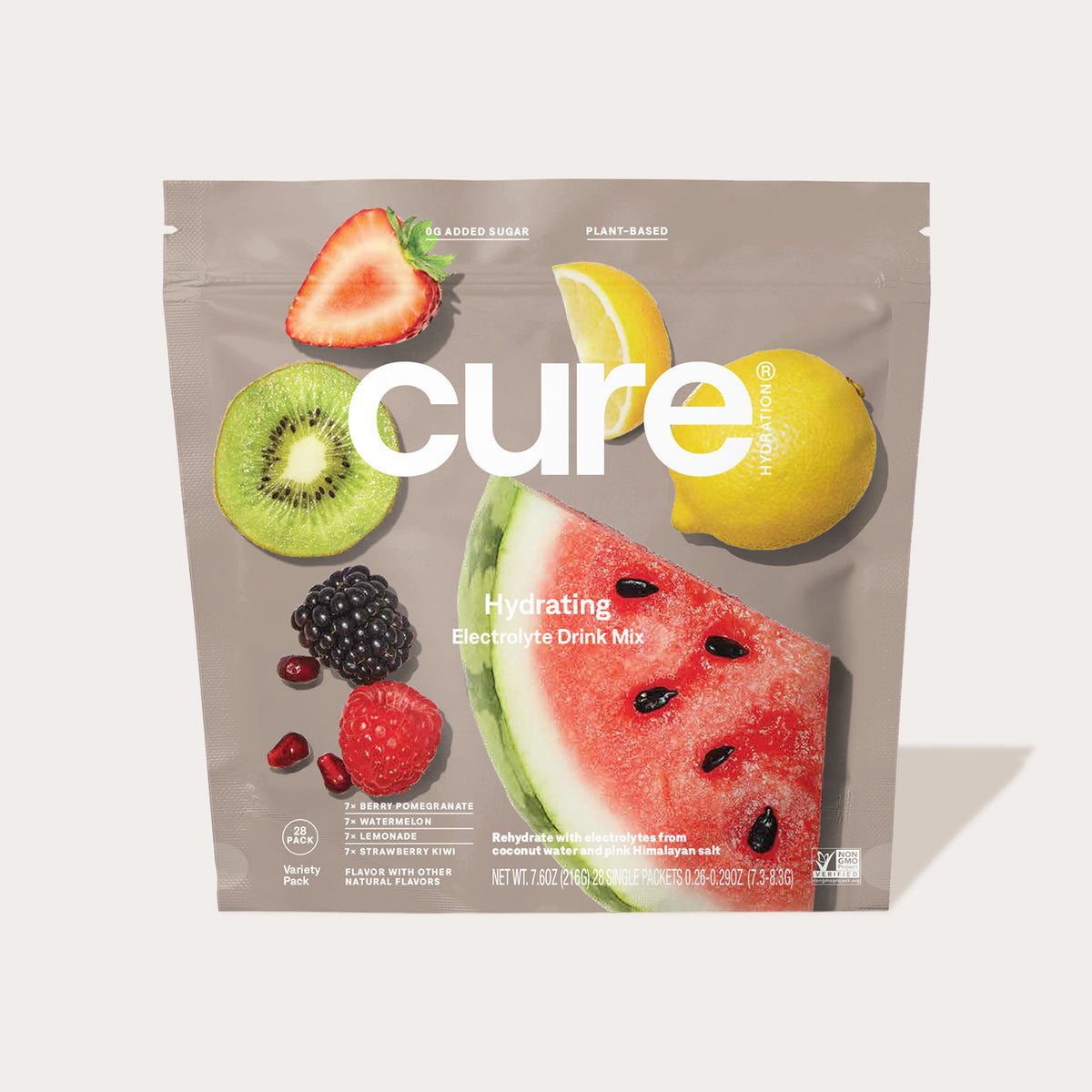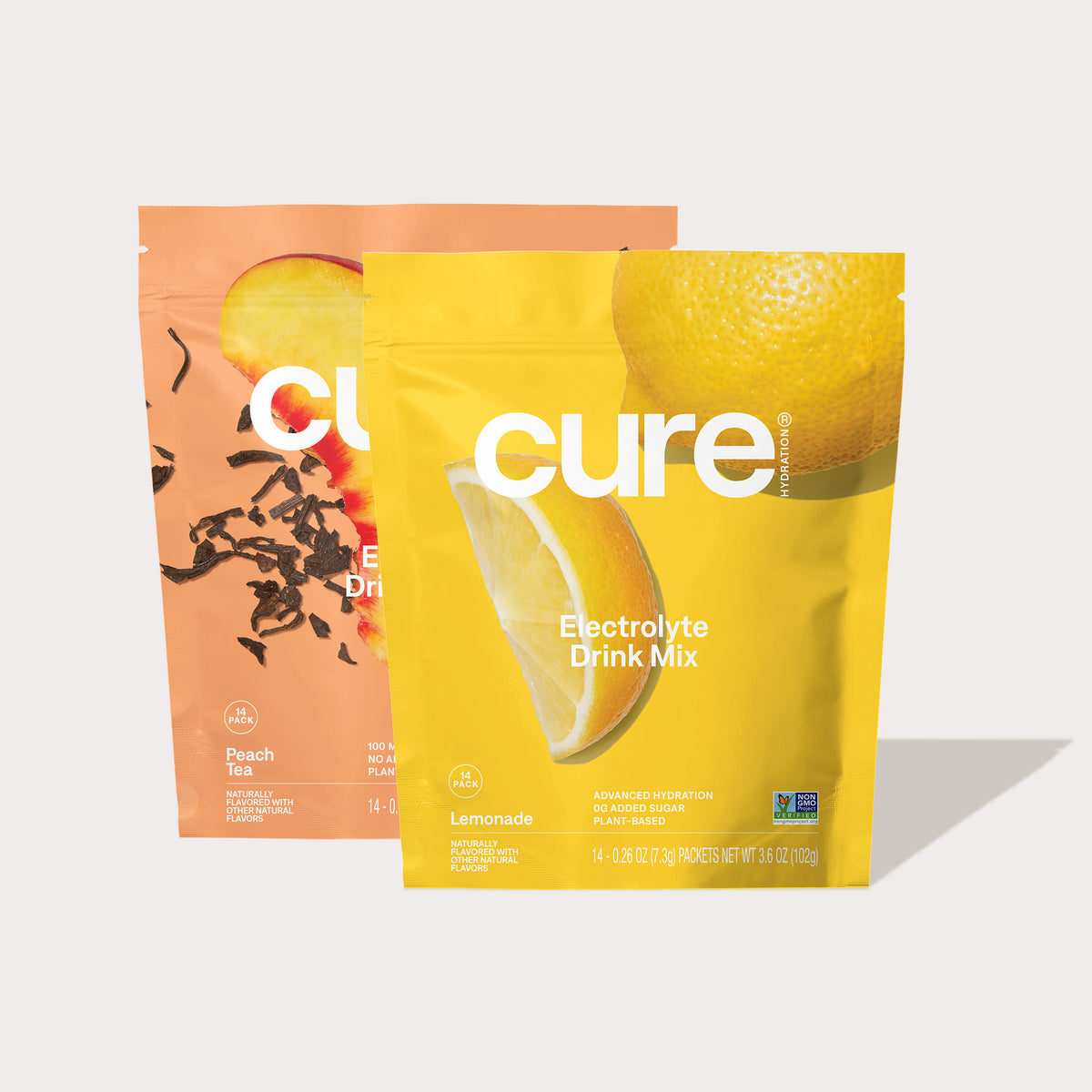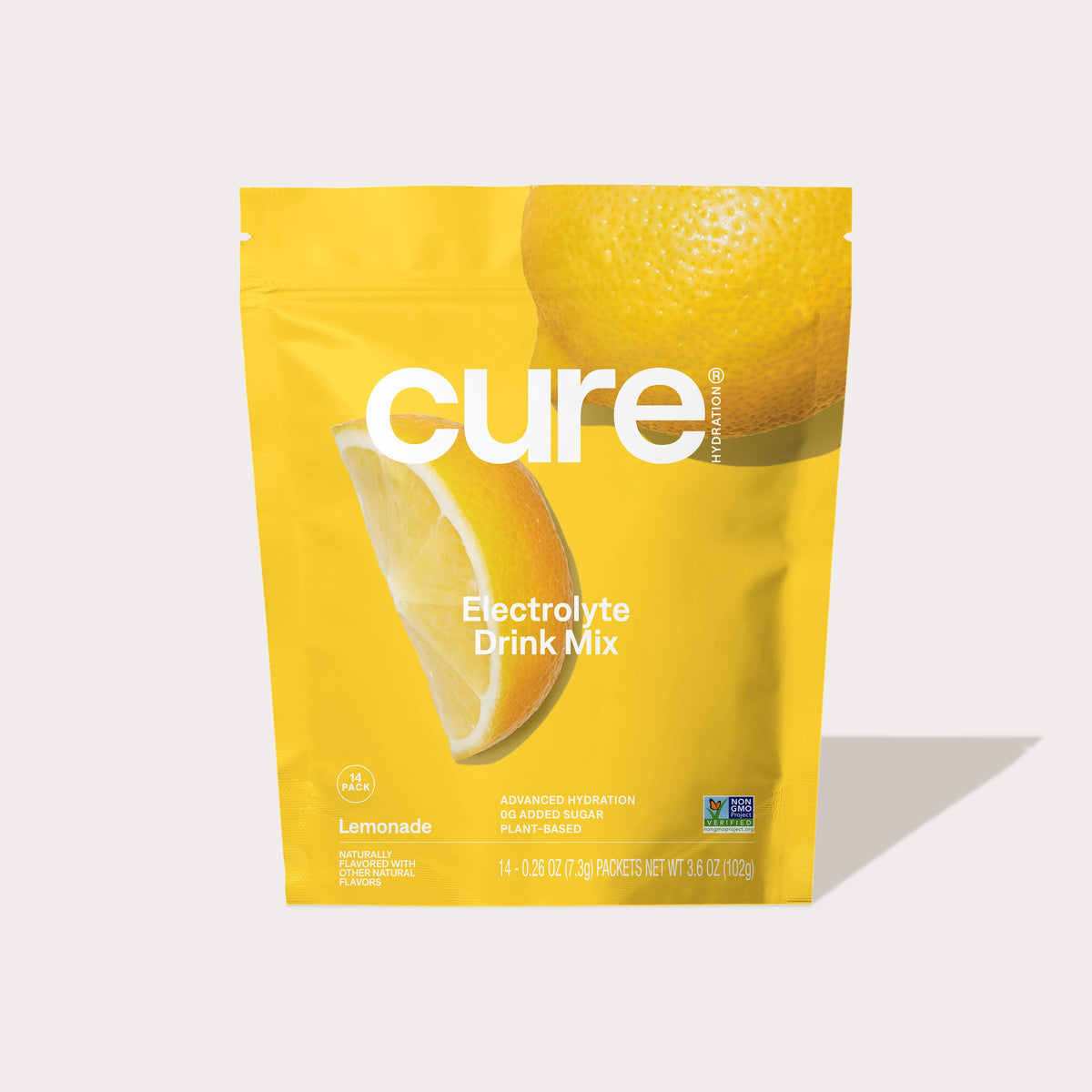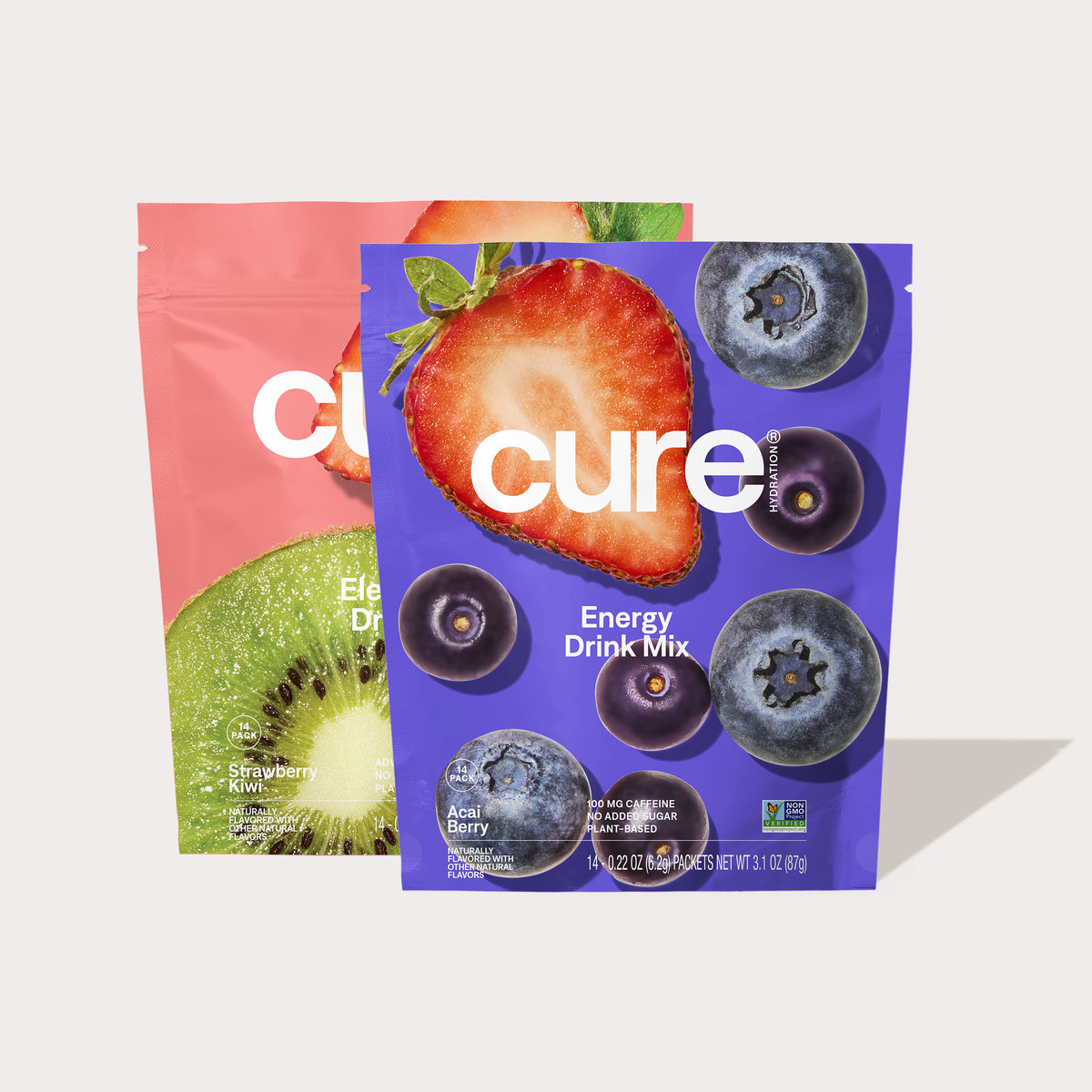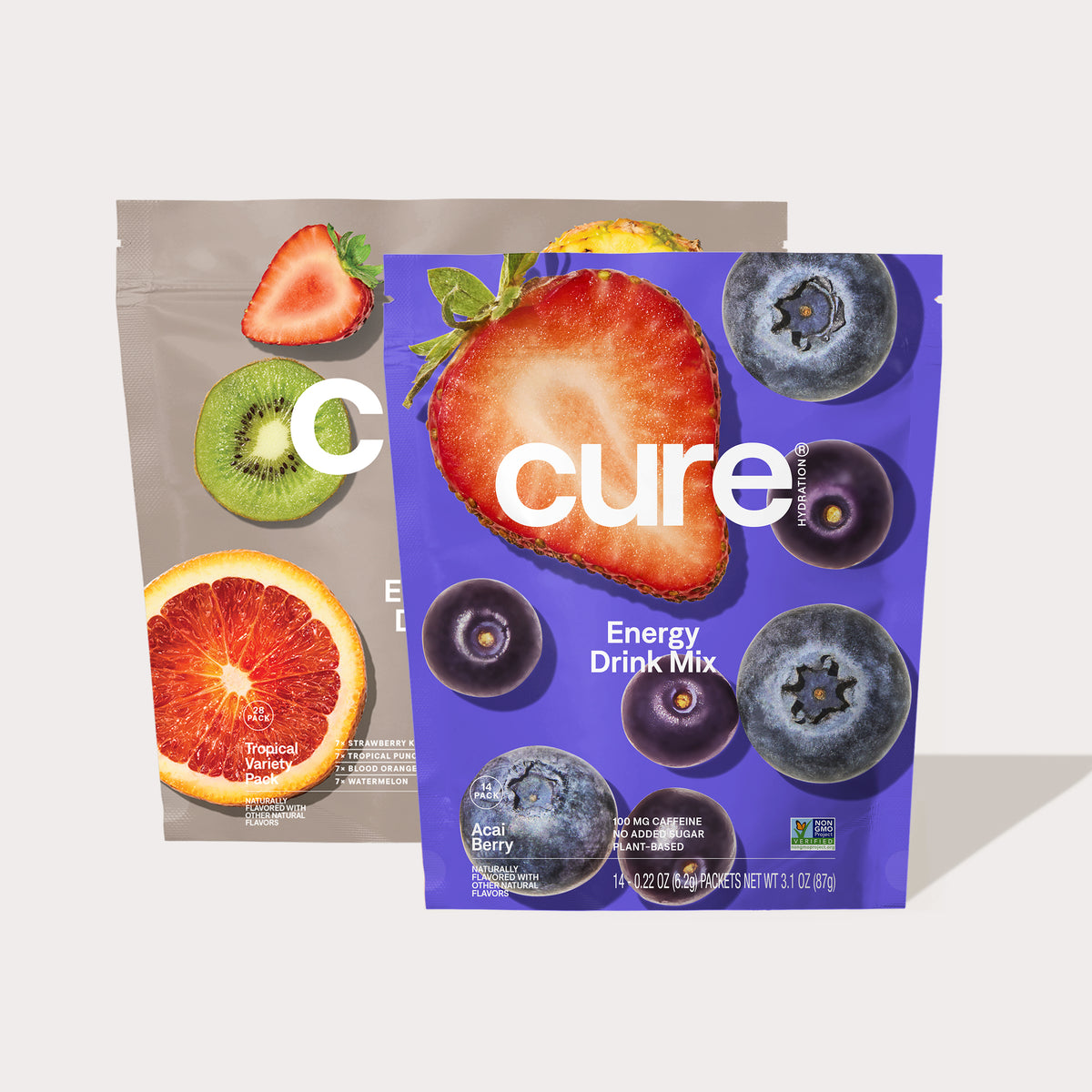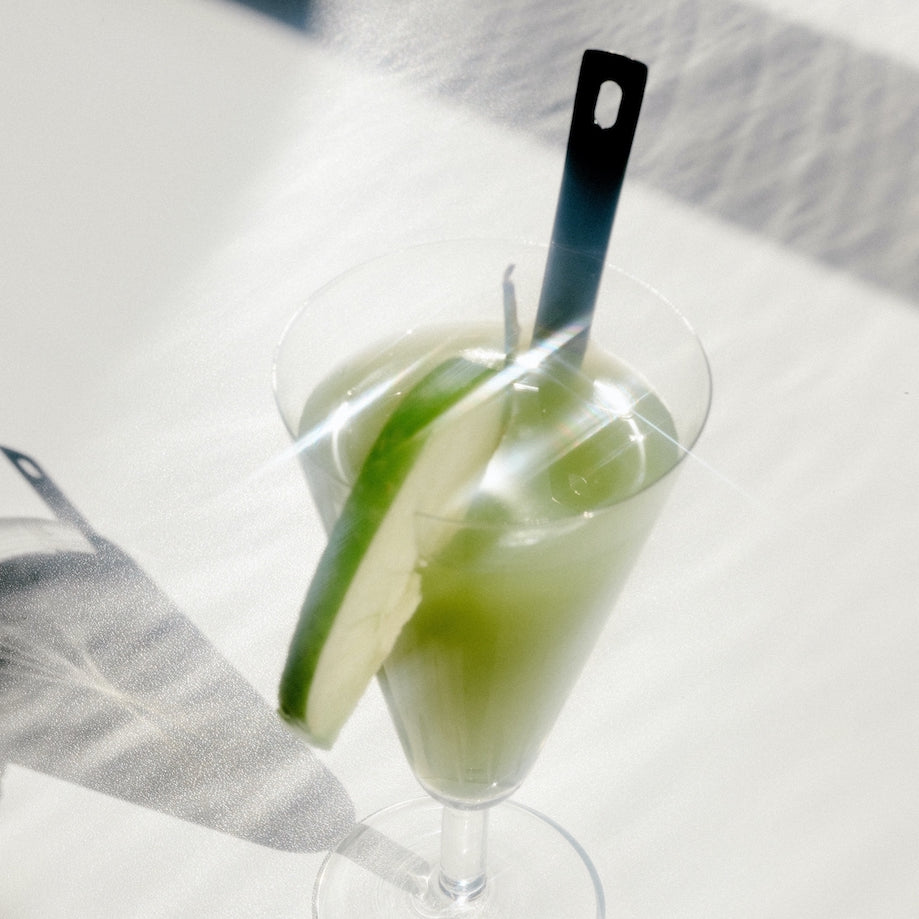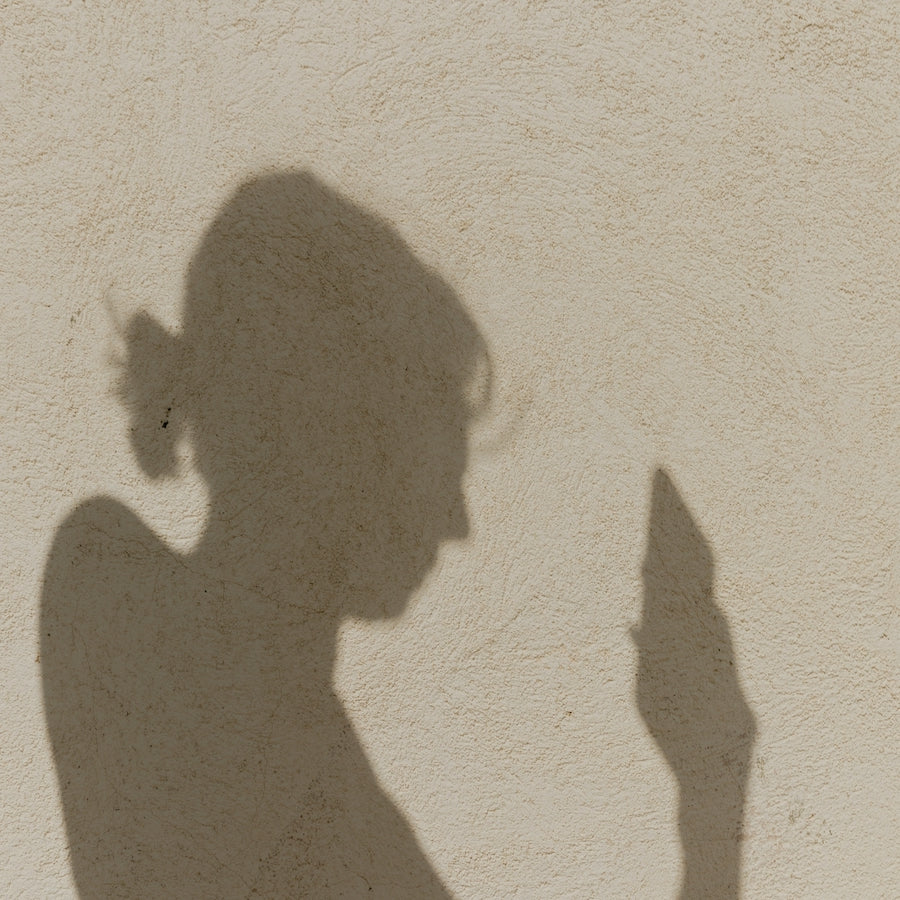Dana Cohen, M.D., is the author of "Quench: Beat Fatigue, Drop Weight, and Heal Your Body Through the New Science of Optimum Hydration." She has been practicing integrative medicine for over 20 years and is a member of Cure's Medical Advisory Board.
While we may have grown up with a fear of salt, it is actually a very necessary electrolyte and plays a major part in keeping you hydrated. The human body cannot function without it. But before you pick up that salt shaker, let me explain further.
Our cells utilize & store water intracellularly and extracellularly, and when levels become unbalanced or too concentrated, it will pull from other cells to balance out. So if you don’t replace those lost fluids, you become dehydrated and also, bloated, from the imbalance. This is why you can be both dehydrated and still bloated at the same time.
Sodium is a major electrolyte.
Don’t avoid it, that won’t help you one bit. Instead, reach for unrefined salt like pink Himalayan salt or sea salt. In our bodies, sodium, along with potassium, generate electrical charges within our cells. If there isn’t enough salt in your system, your internal charge won’t be balanced. This can cause your blood pressure to drop, and in more severe instances, disorientation or even passing out.
Unrefined salt is absolutely imperative for proper hydration.
When you’re dehydrated and there is less water in your blood, it becomes thicker. This makes your heart work harder and can cause damage to your heart muscle, which can essentially contribute to high blood pressure or heart disease.
The Salt Myth!
Years ago, experts were convinced that salt would raise blood pressure and increase your risk of heart disease. I’m sure you’ve been told not to use too much salt or you would get high blood pressure. Well, that myth has been debunked.
While regular table salt isn’t your best option, it’s not exactly going to give you hypertension. Sodium has shown to actually extend your life; thanks to research.
More than 2,600 adults at Emory University found that not only was a sodium intake of 1,500 to 2,000mg per day not associated with a higher risk of heart disease, but those people were more likely to outlive those who consumed an average of less than 1,500 mg daily. Another French study of more than 8,000 adults found that sodium intake wasn’t linked to increased systolic blood pressure, leading researchers to claim the link between salt and blood pressure was overstated.
Do we need more salt? Most likely, Yes!
One major piece of my Quench plan involves sea salt. I actually have patients add unrefined sea salt to their daily water (or, you can try using a product like Cure). I have had really great results with this one simple change. They have reported having less fatigue, better cognitive function, less bloating and enhanced hydration. This is especially true if you are an athlete, or if you’re on a low carb or ketogenic diet. With keto and low carb diets, you excrete more sodium and water so you will need to replenish those nutrients even more than normal.
While adding salt has been beneficial for most of the patients I see, we all have a unique chemistry. What works for some, may not work for others. Always work with your practitioner to monitor blood pressure, especially if you are high risk or if you’re making changes to your diet and lifestyle.

